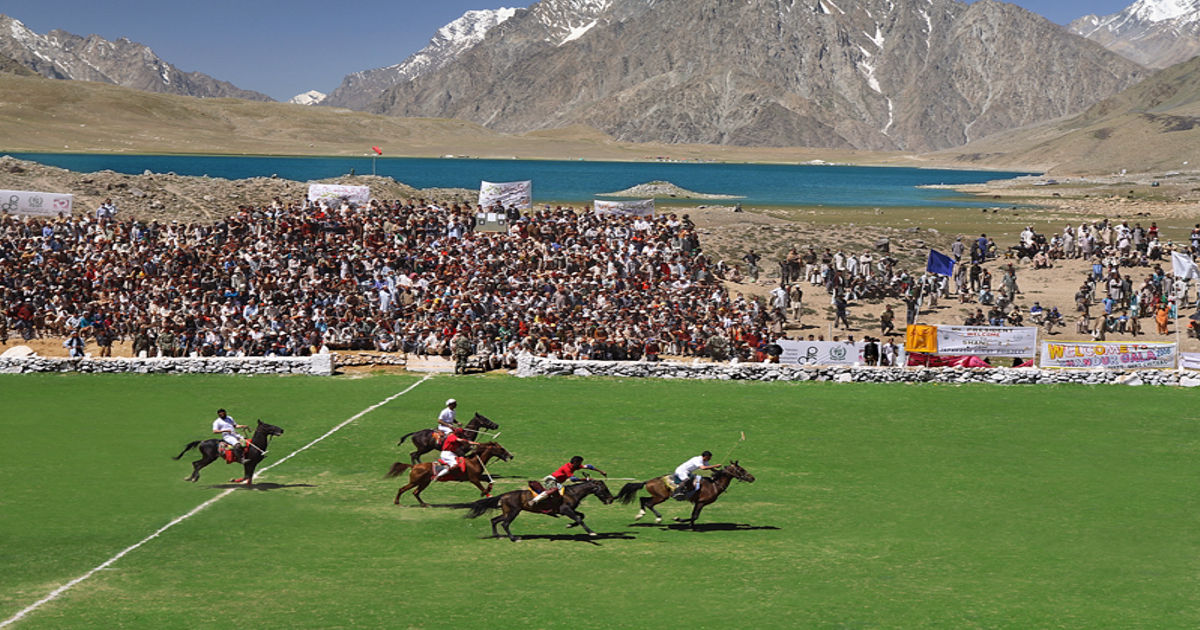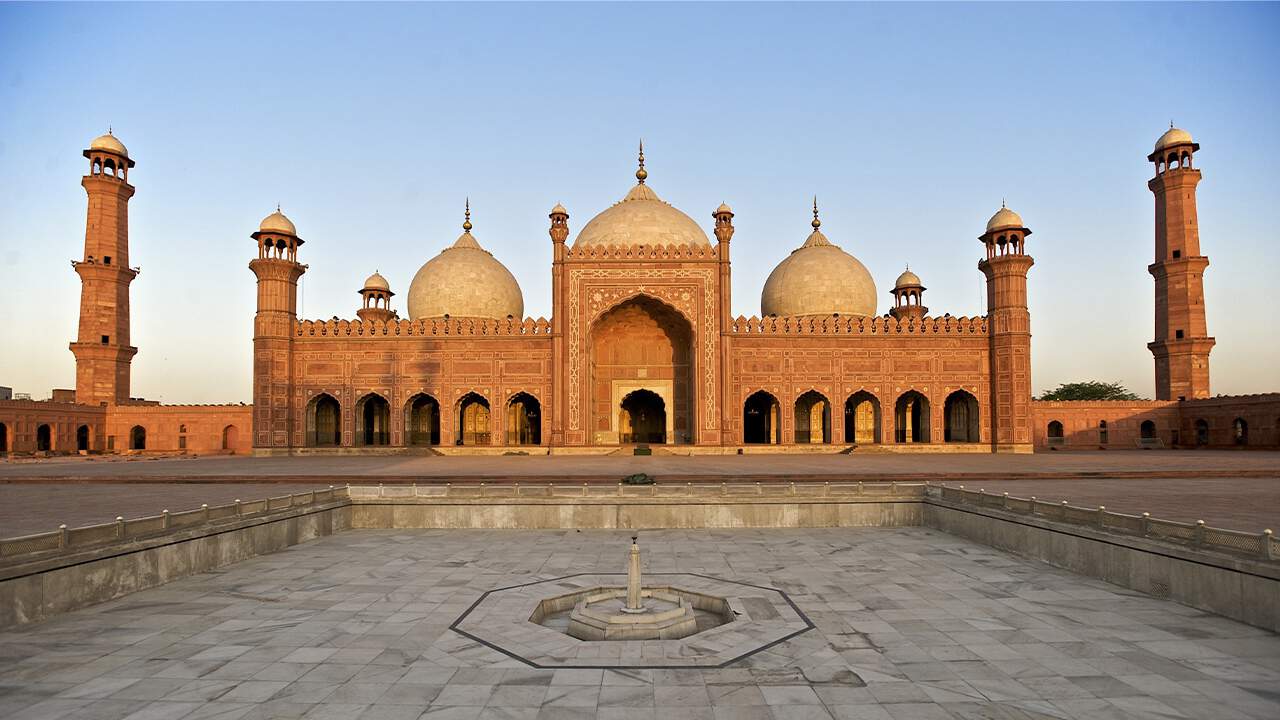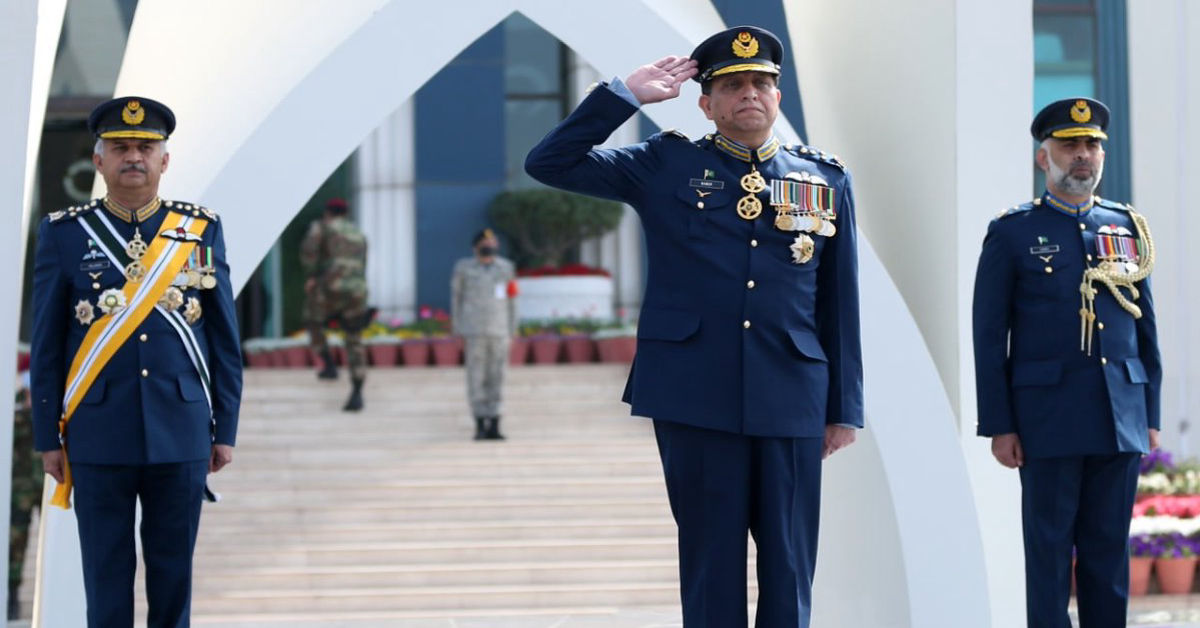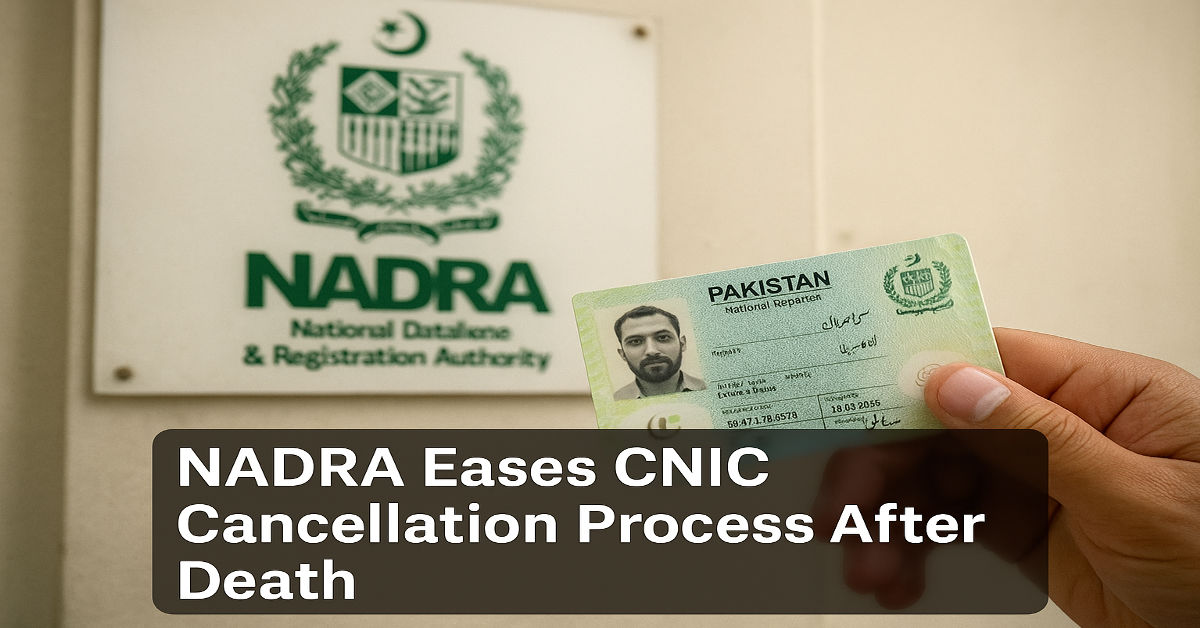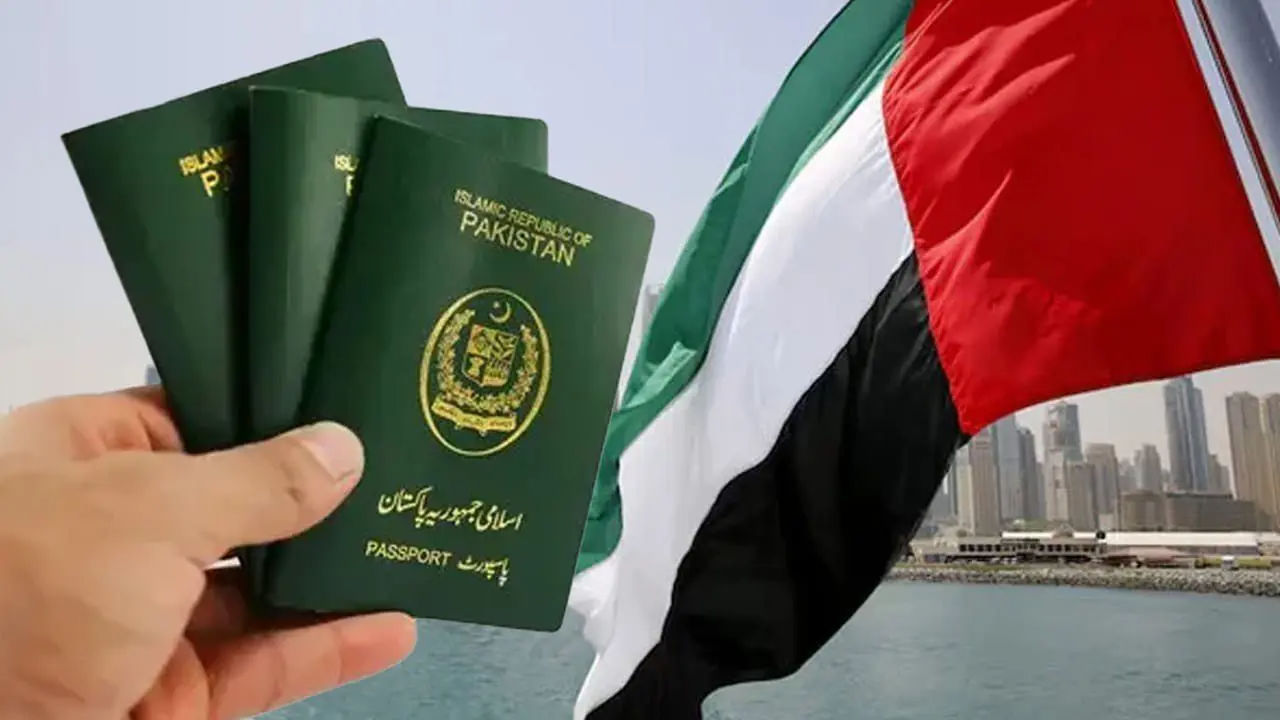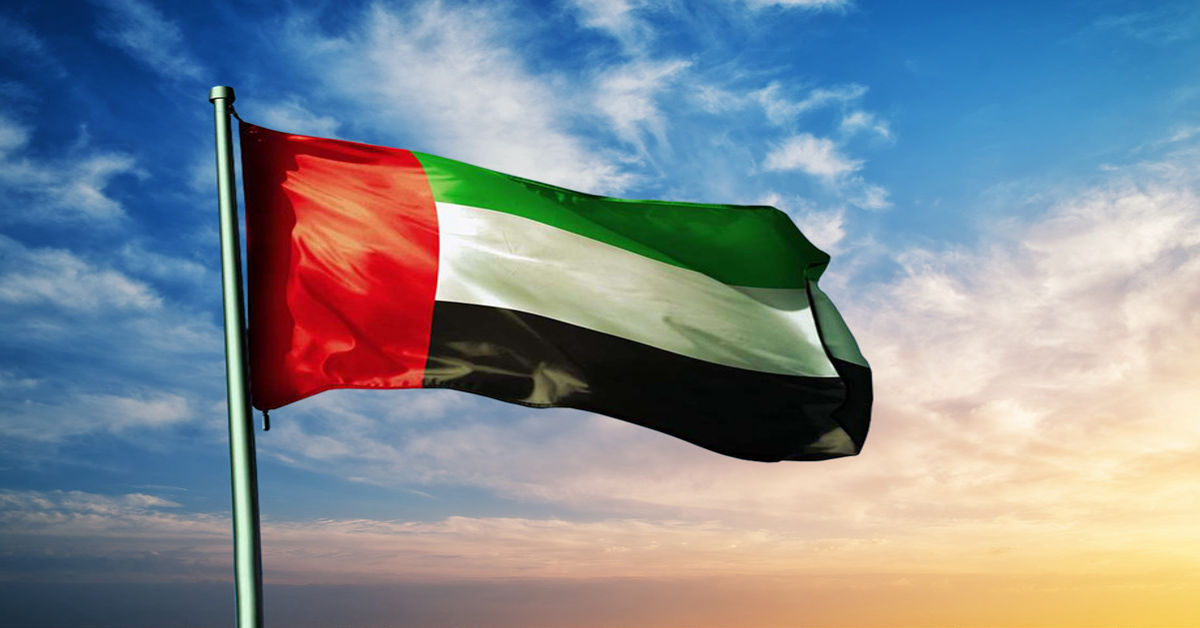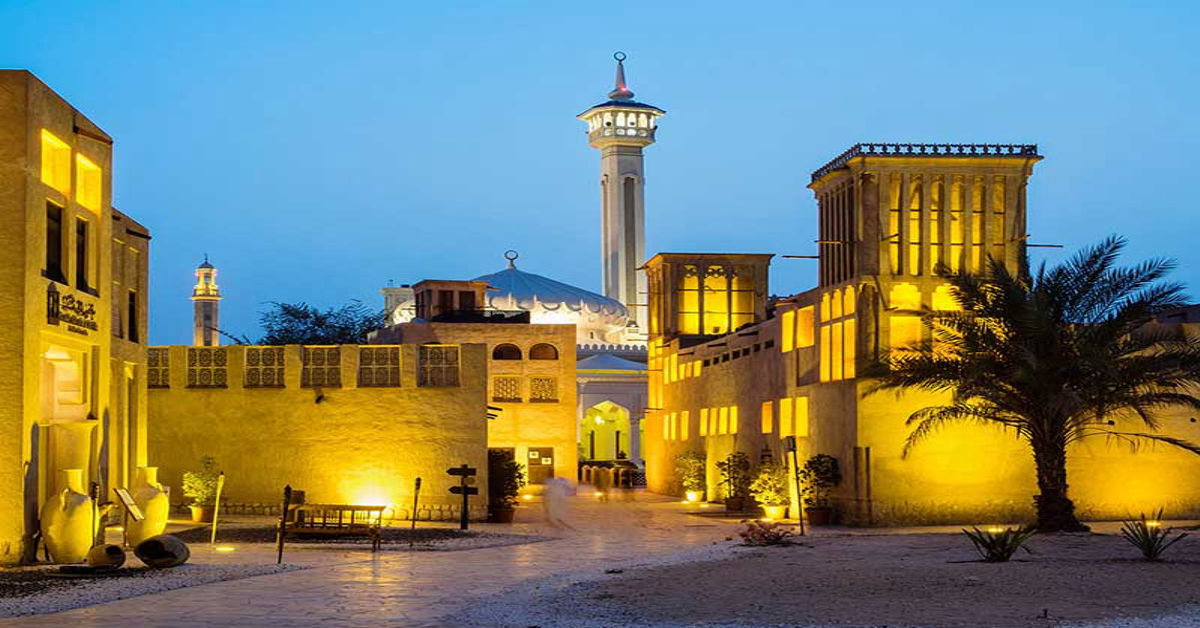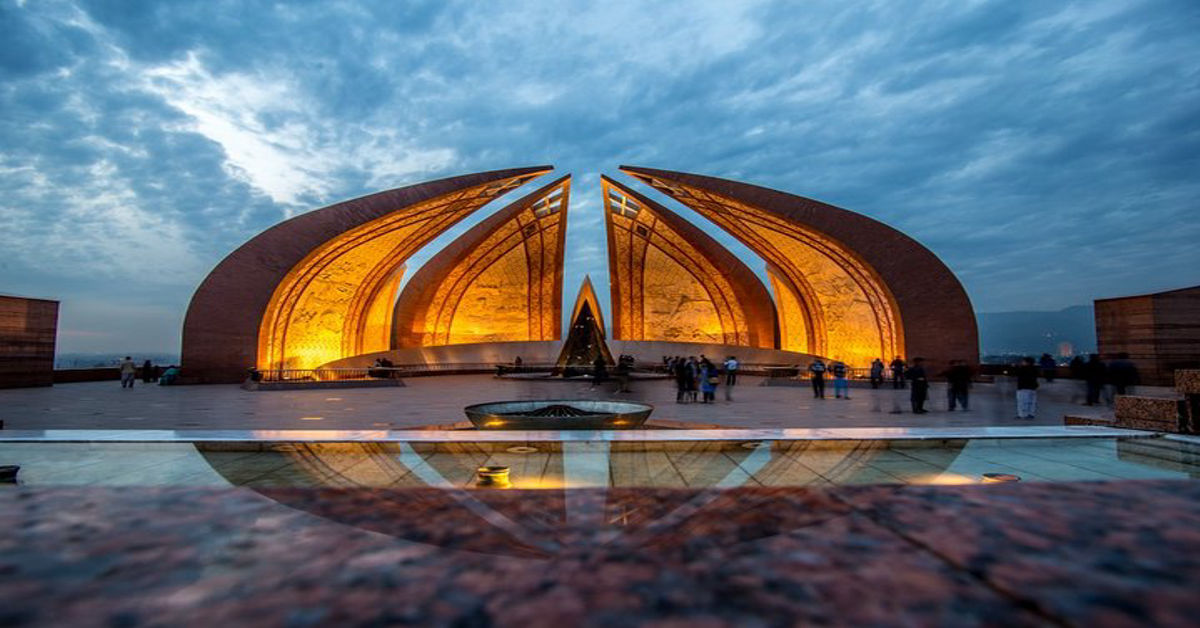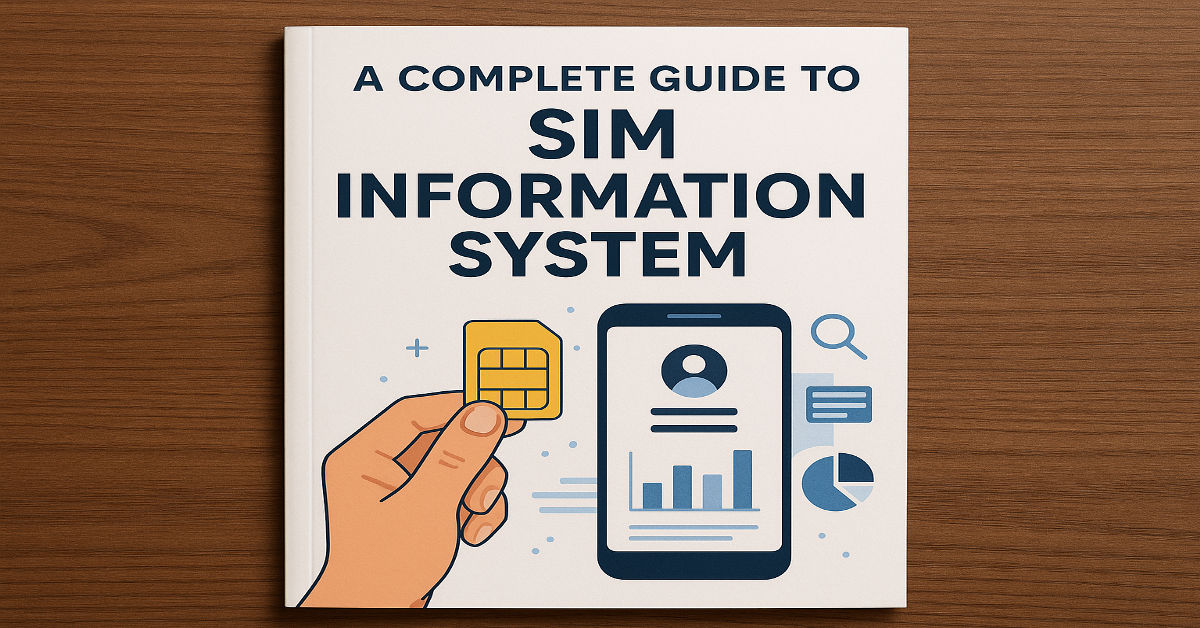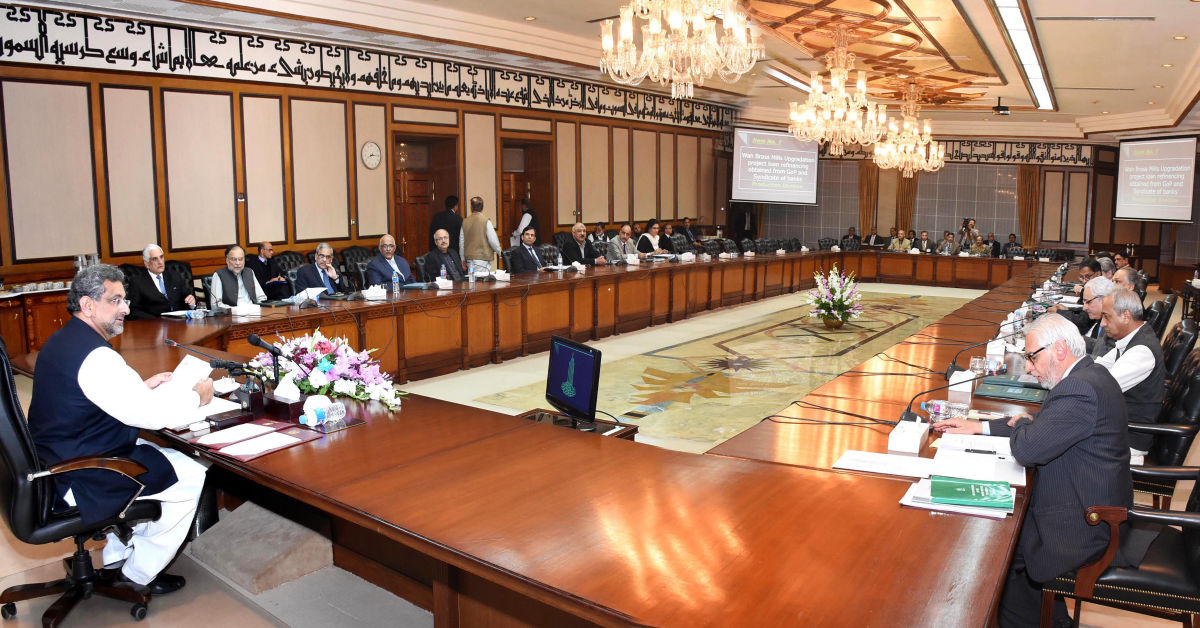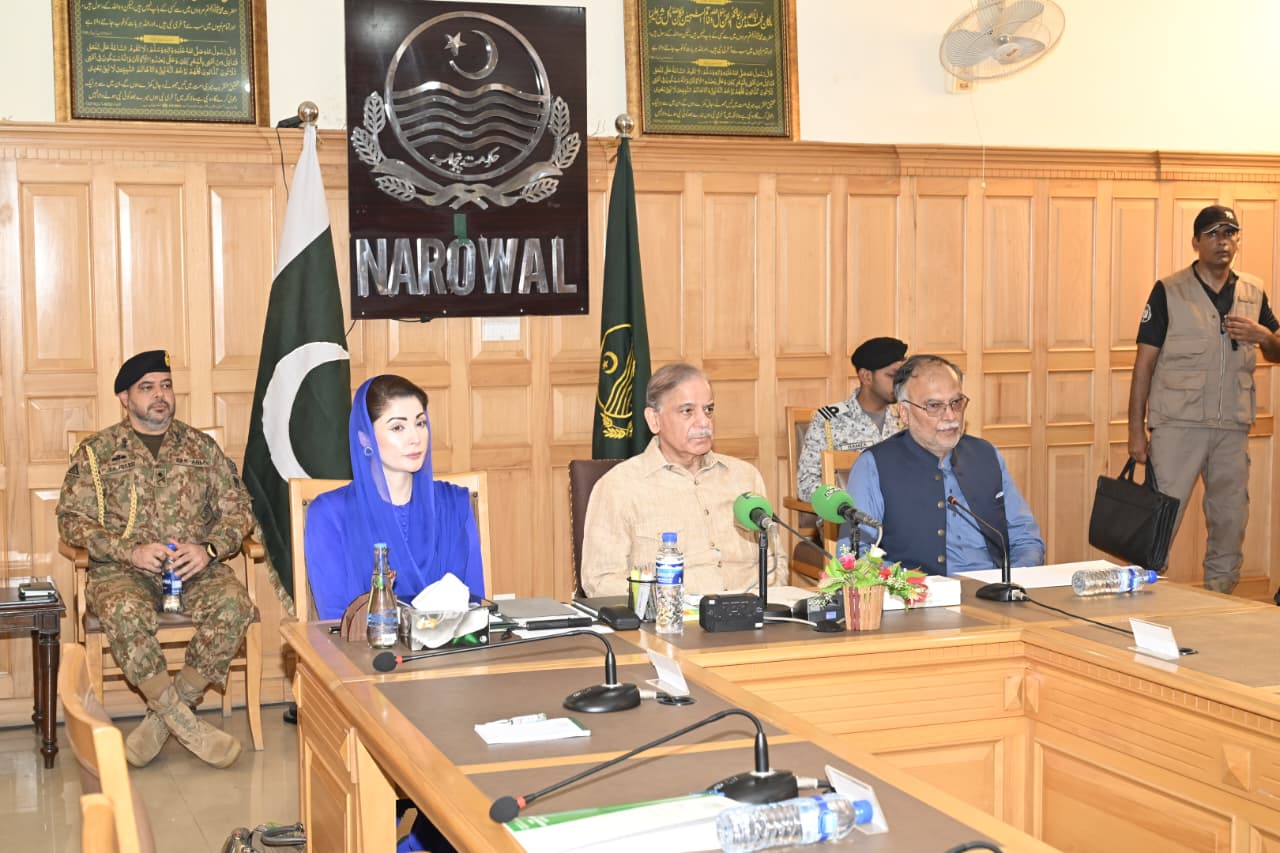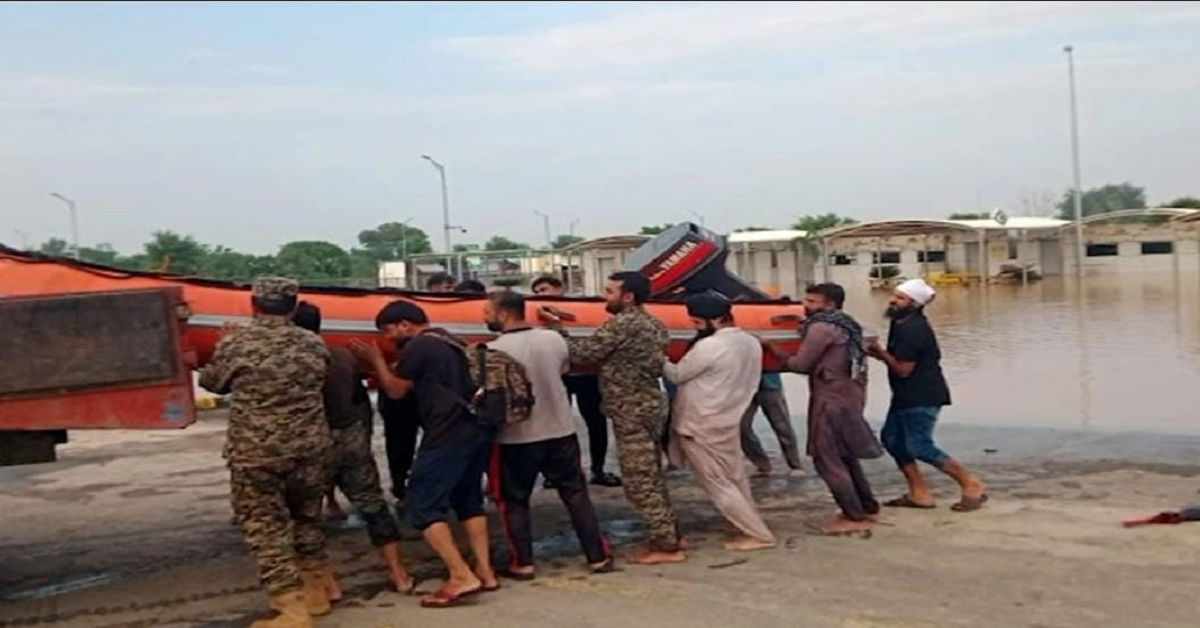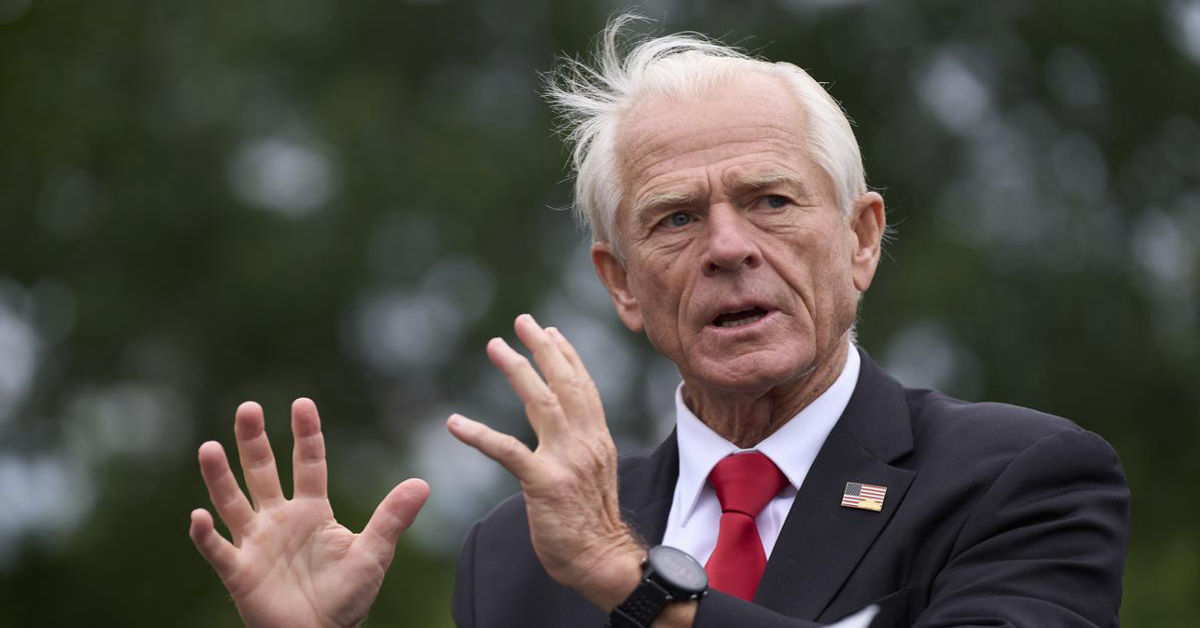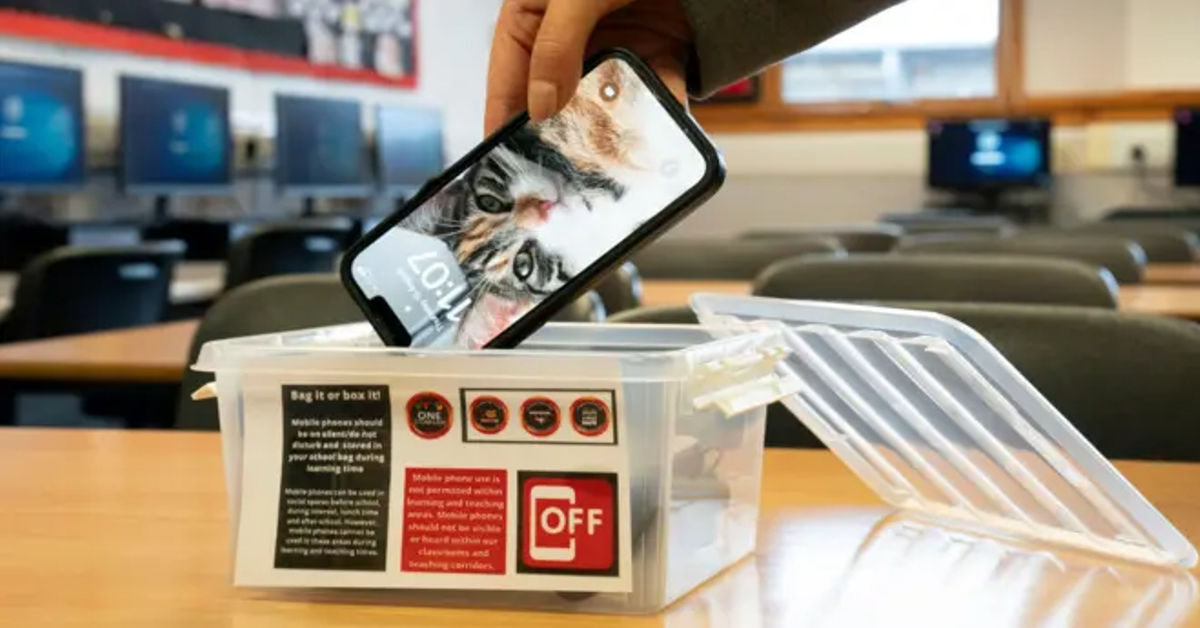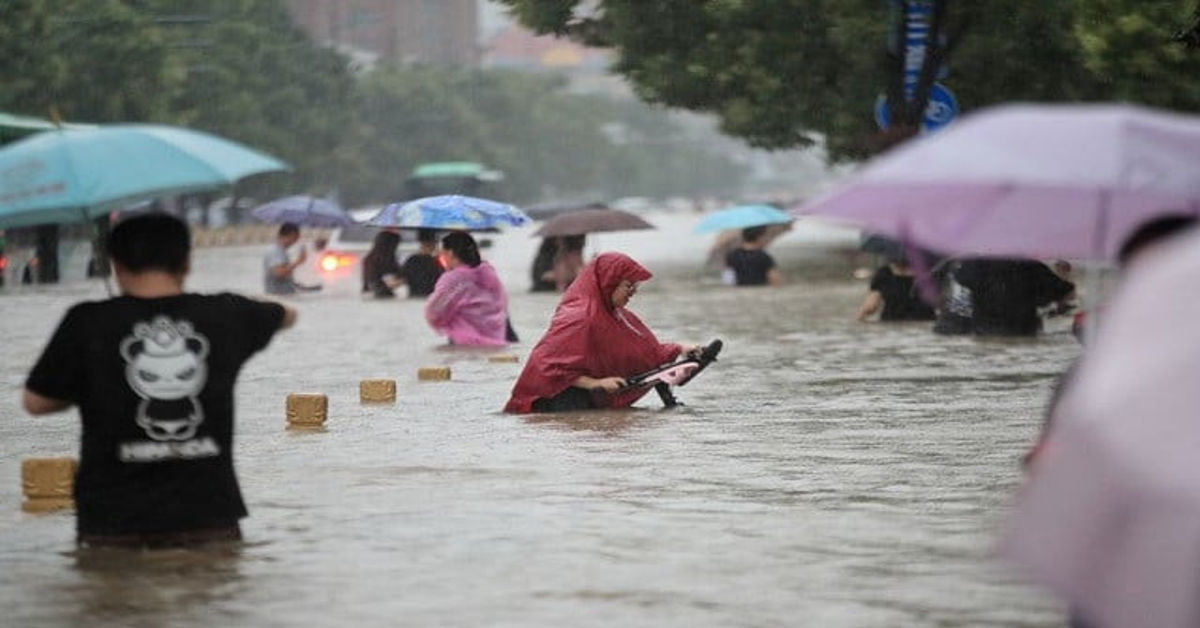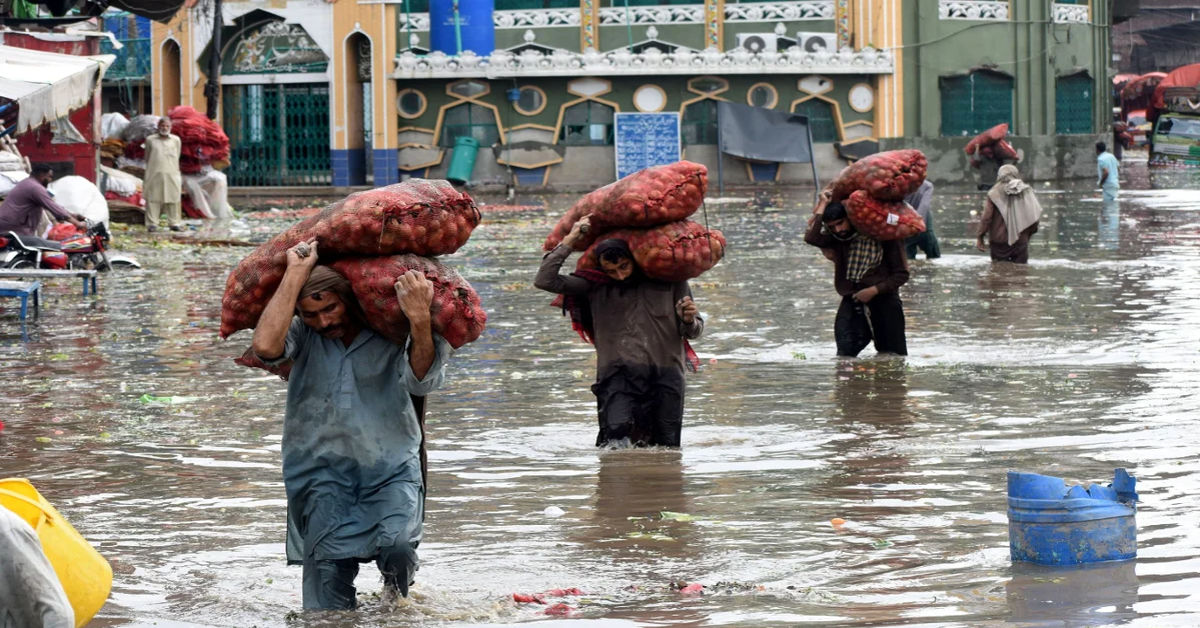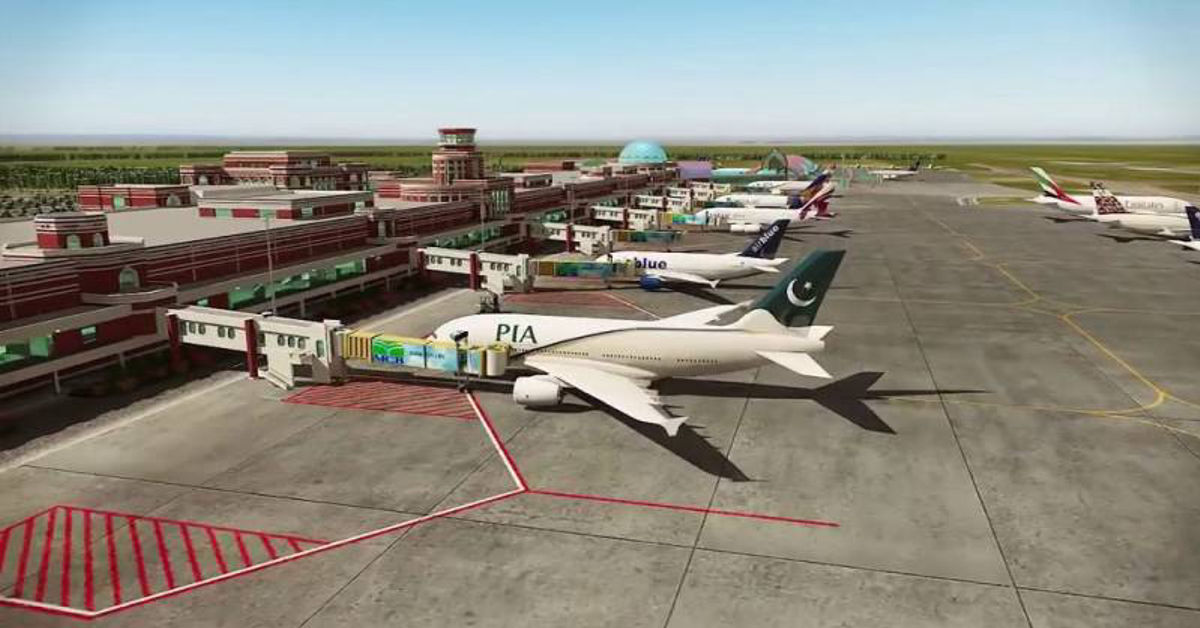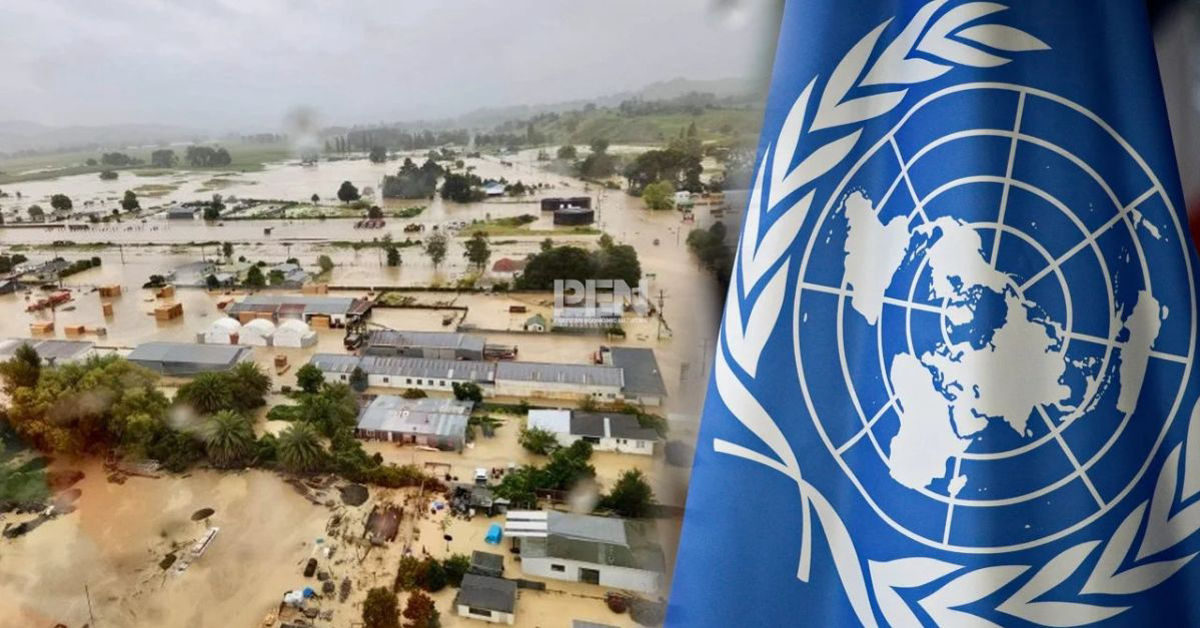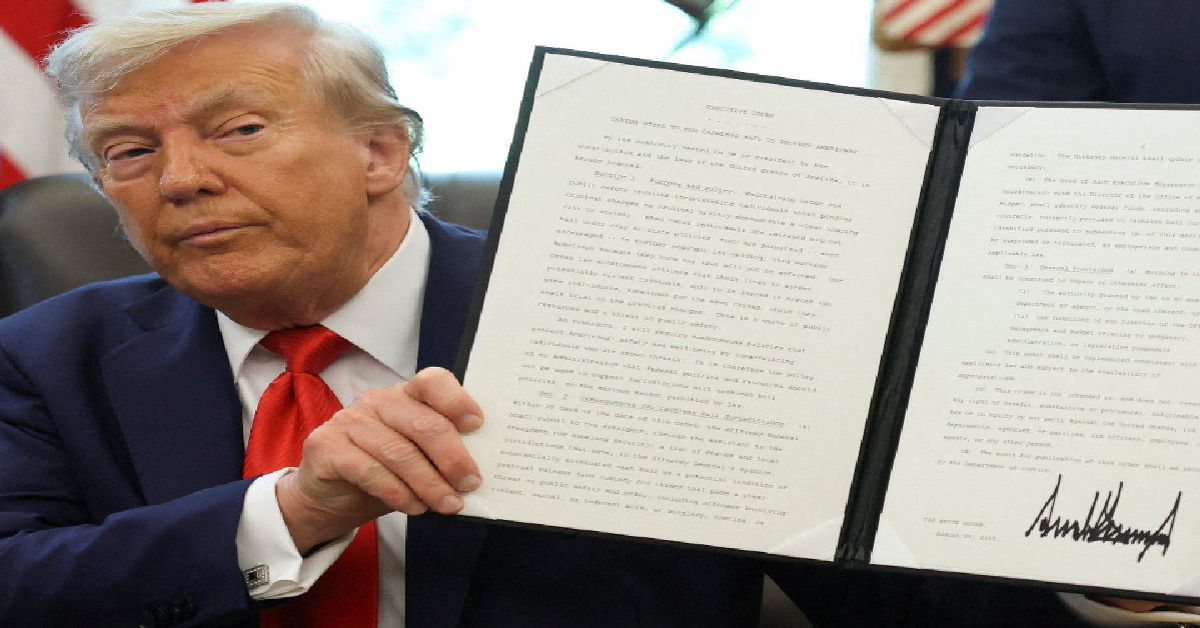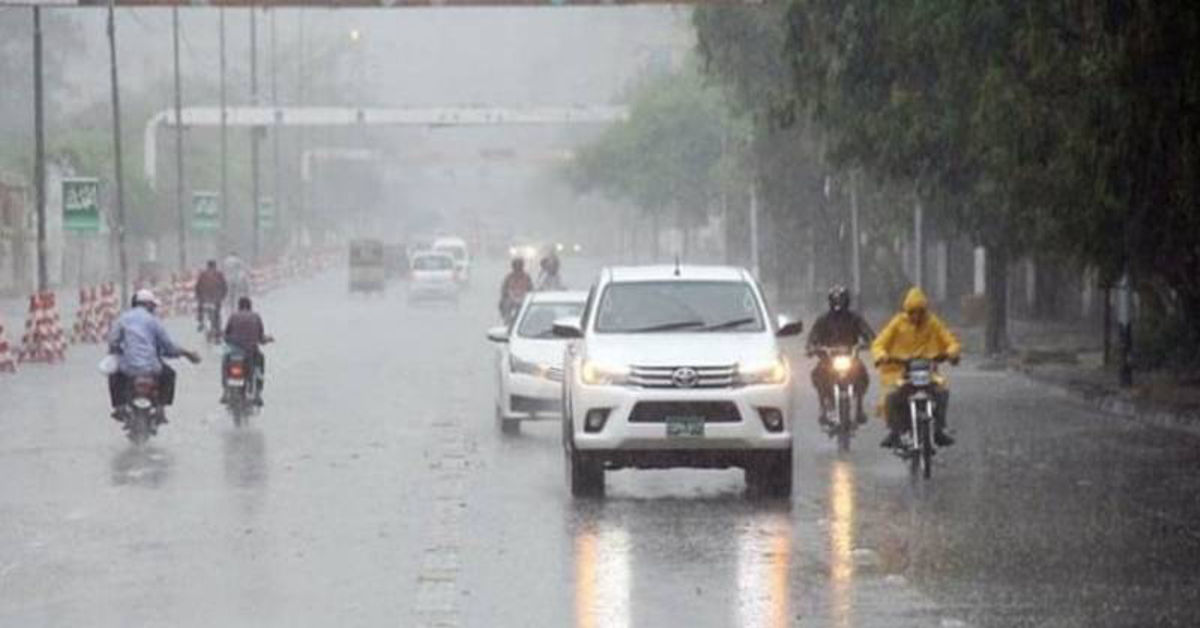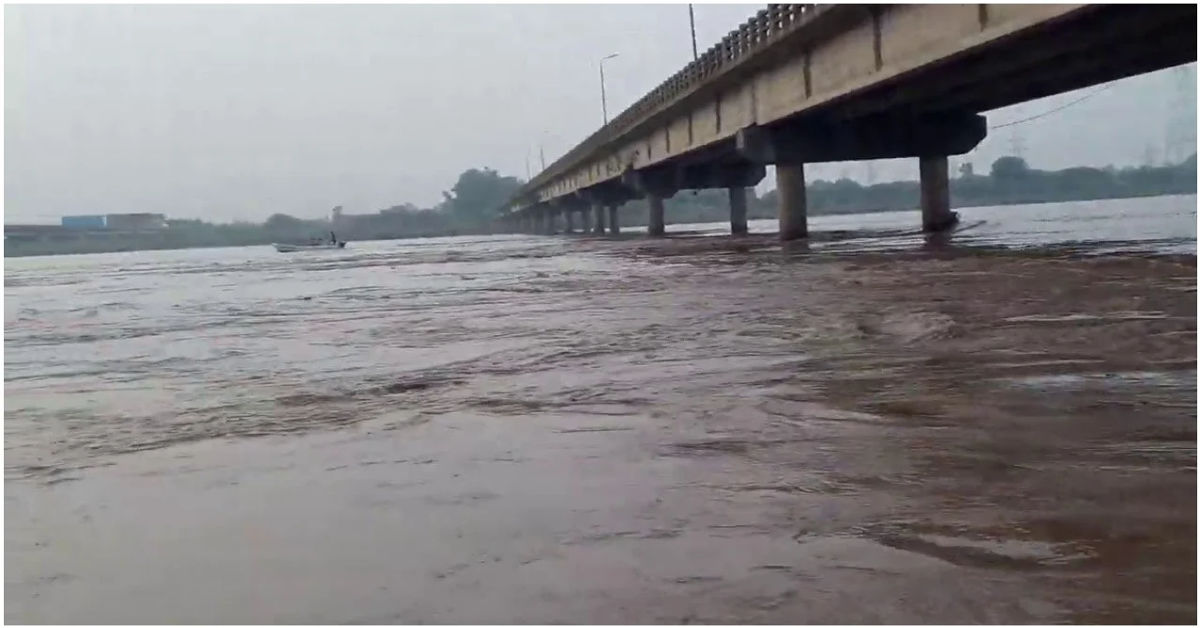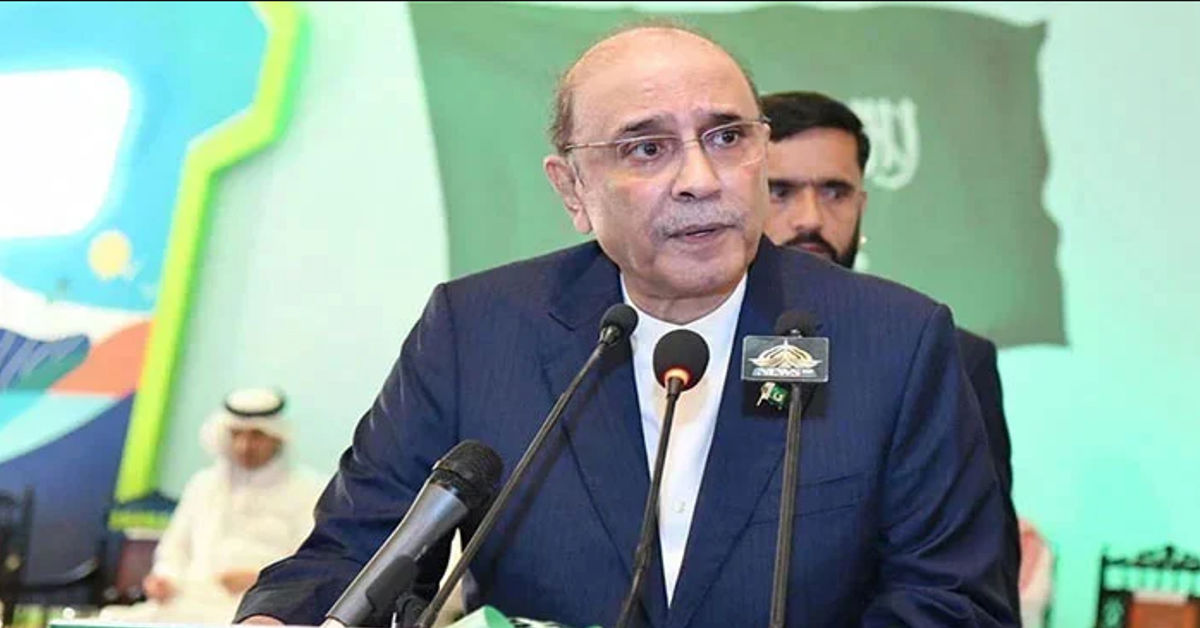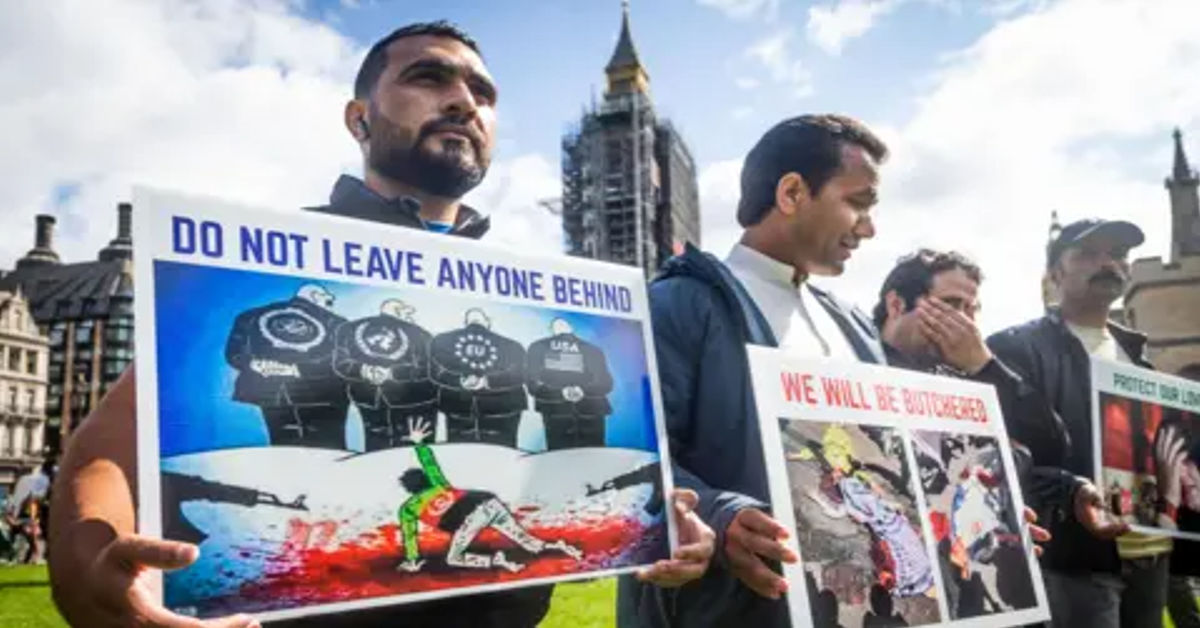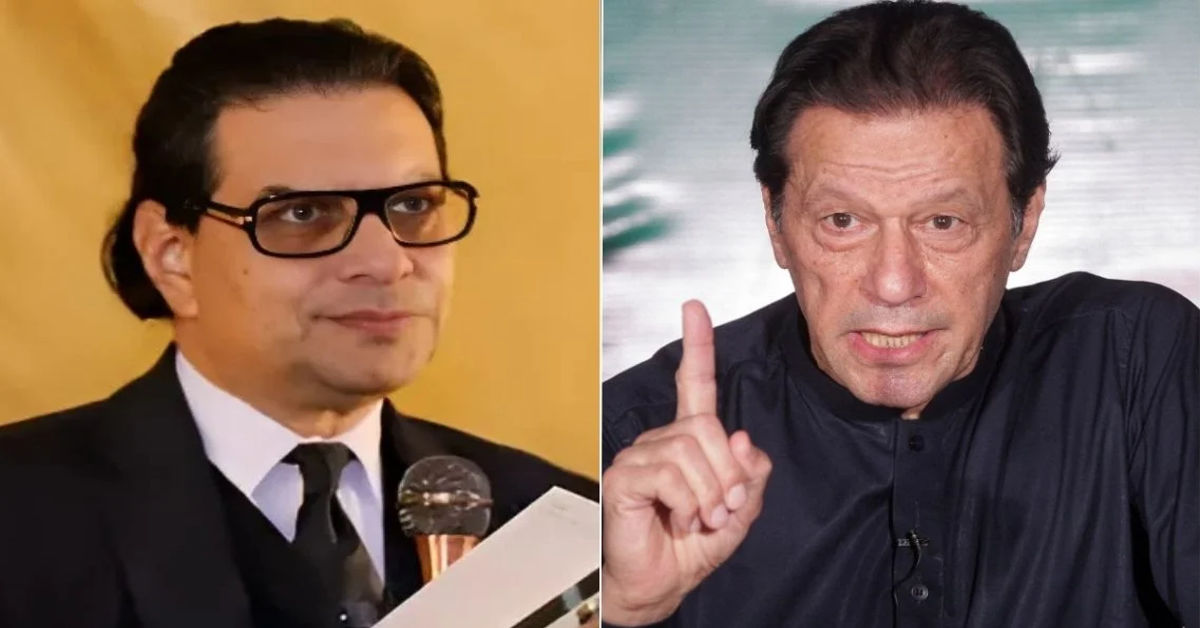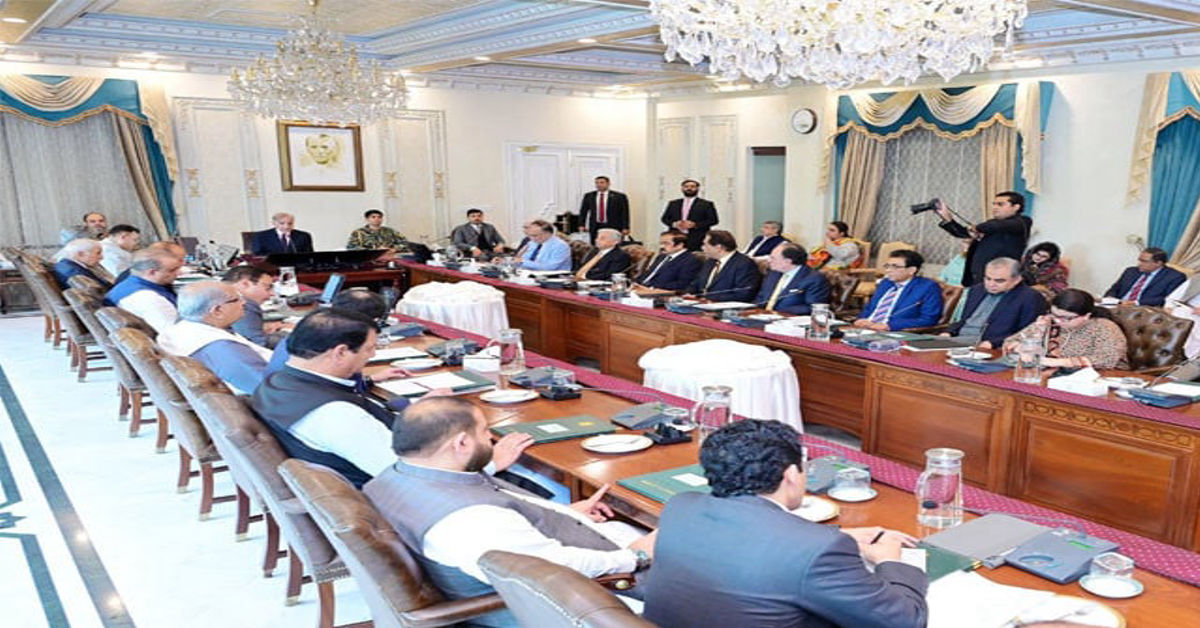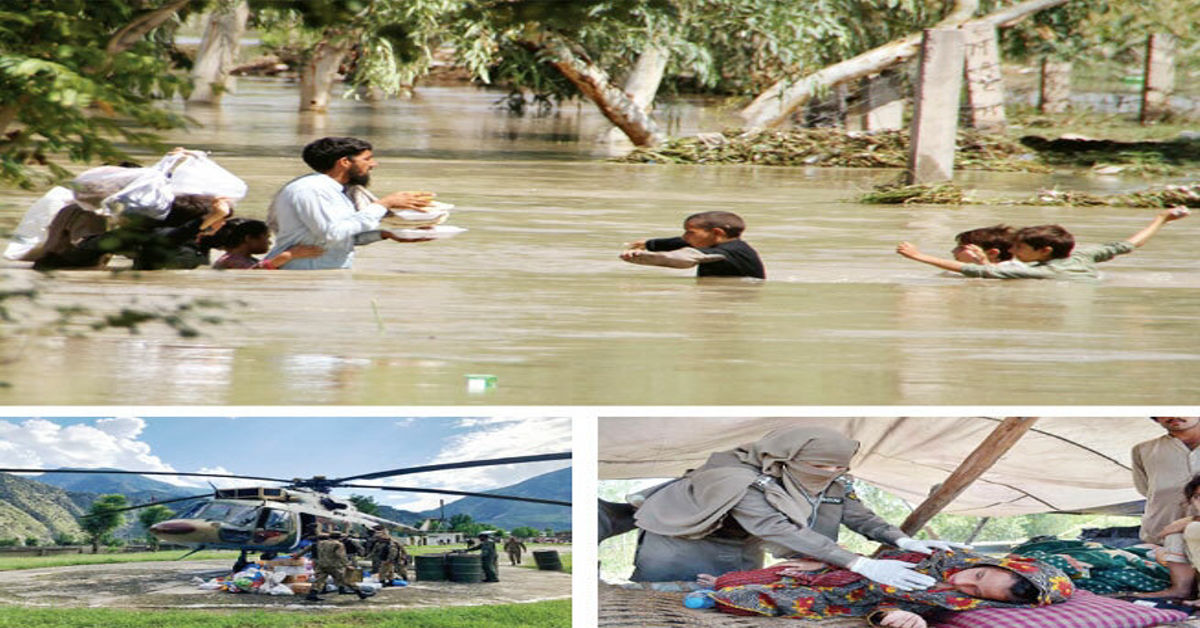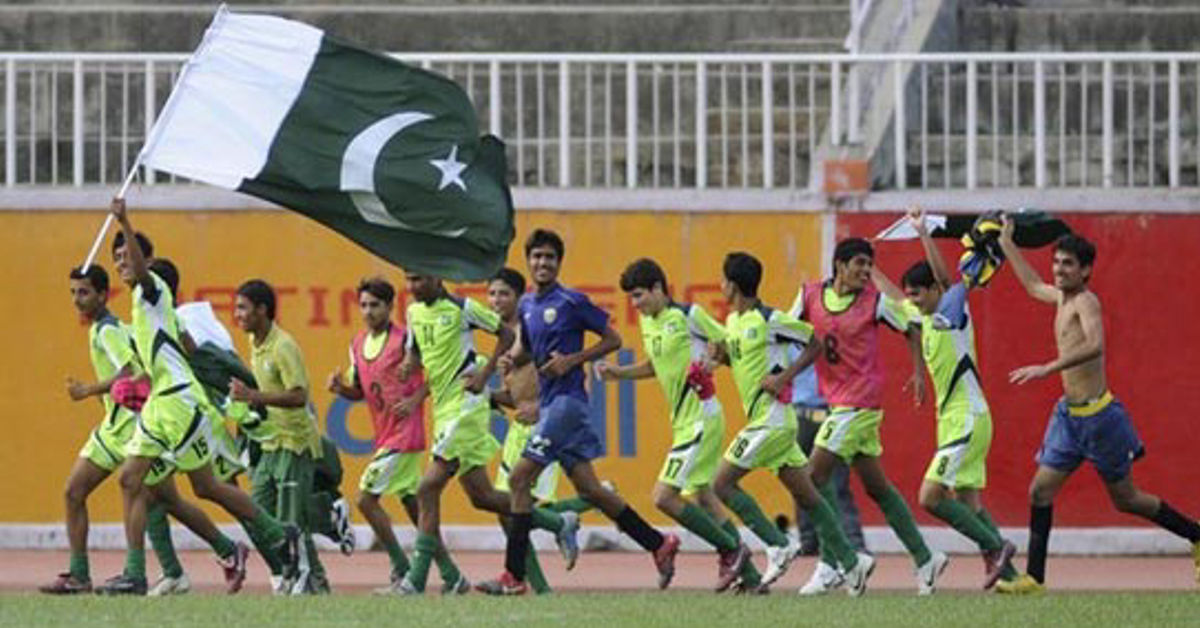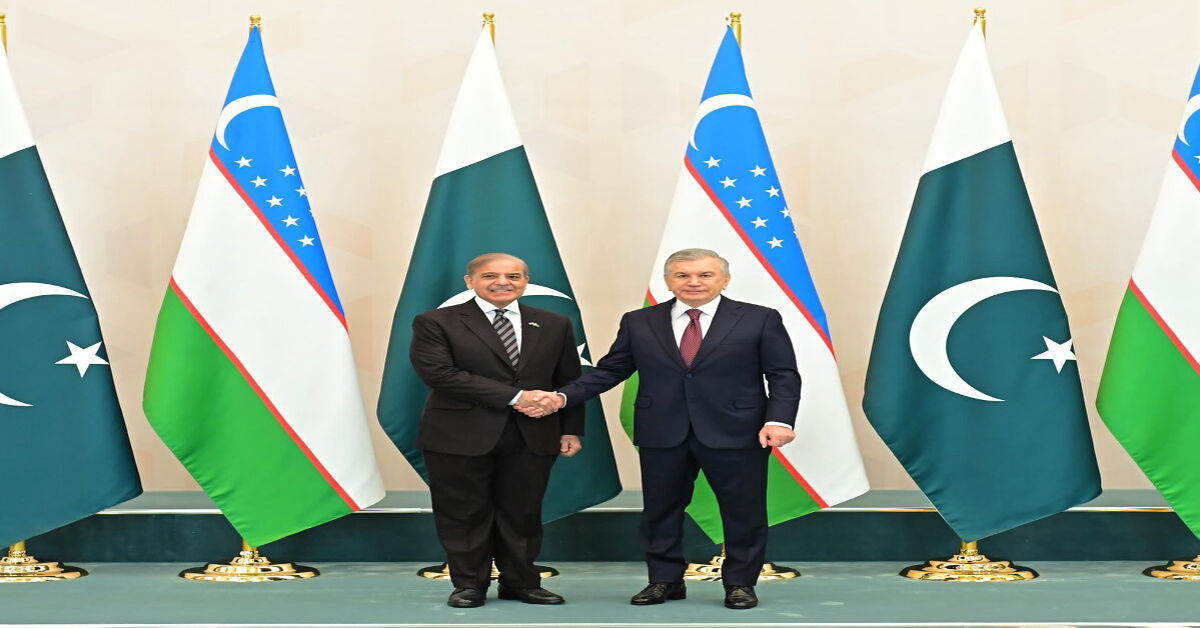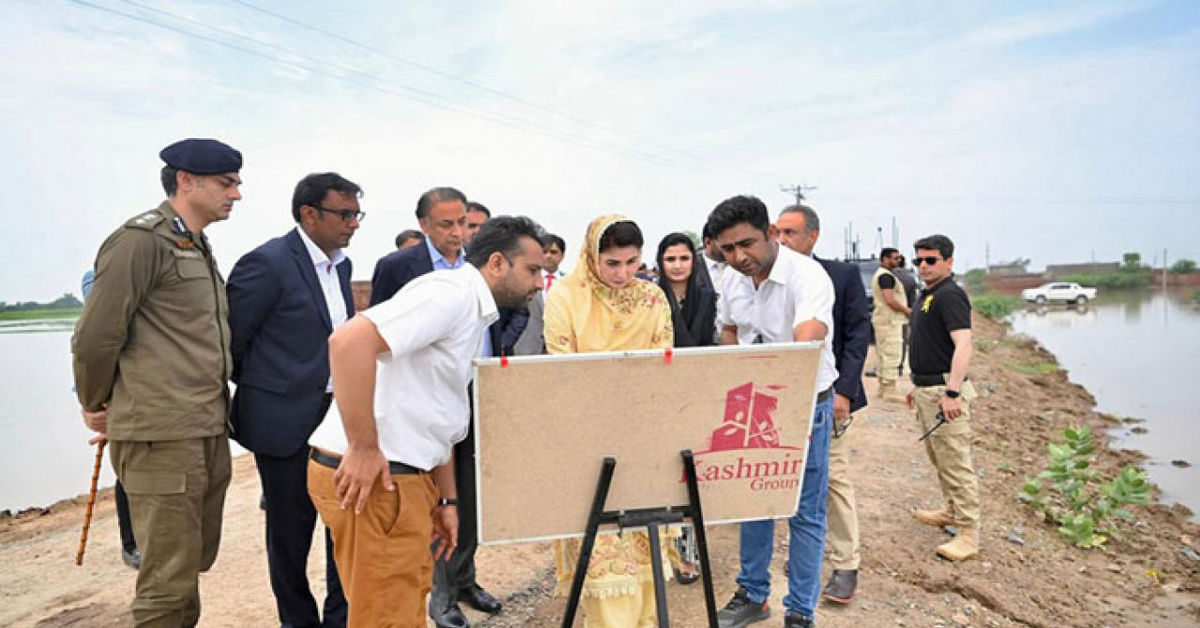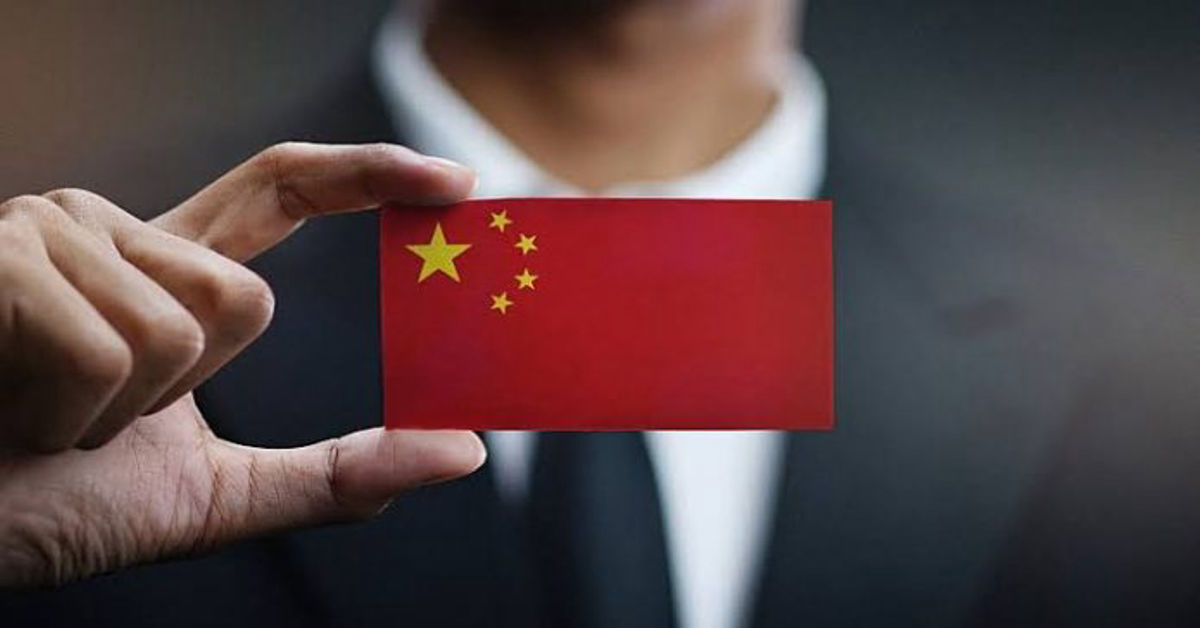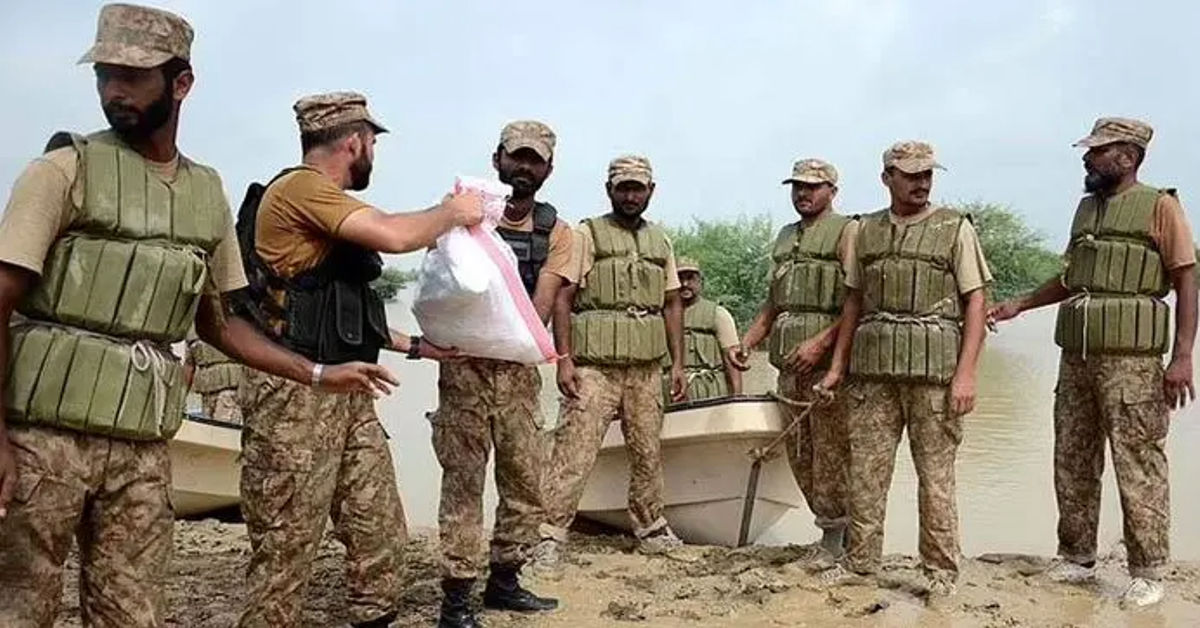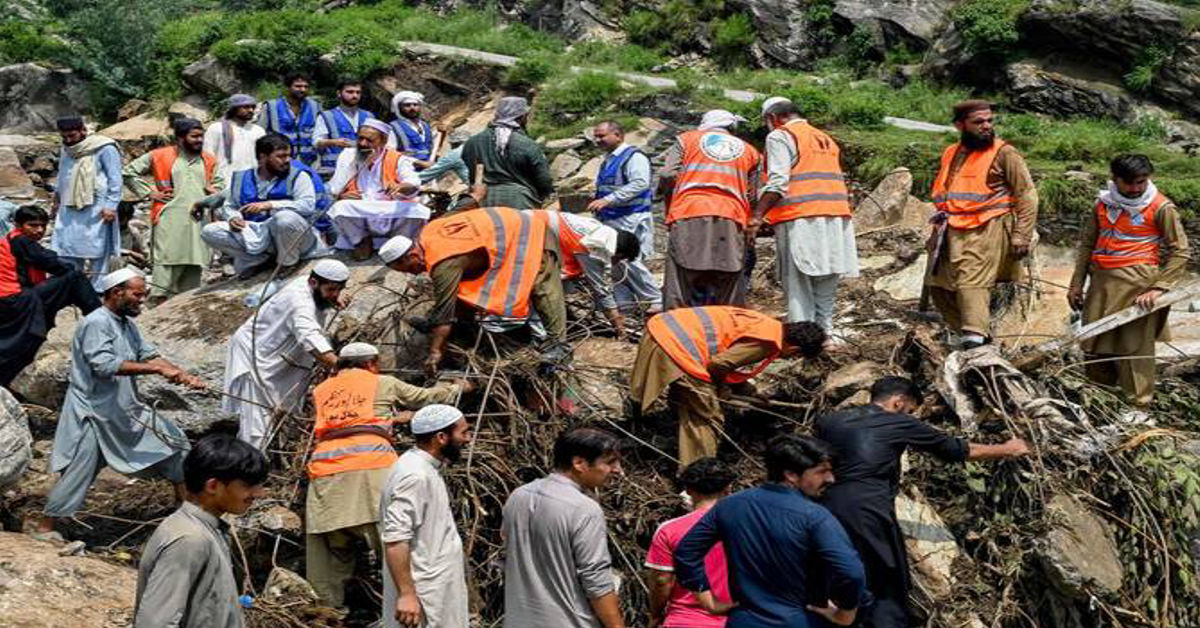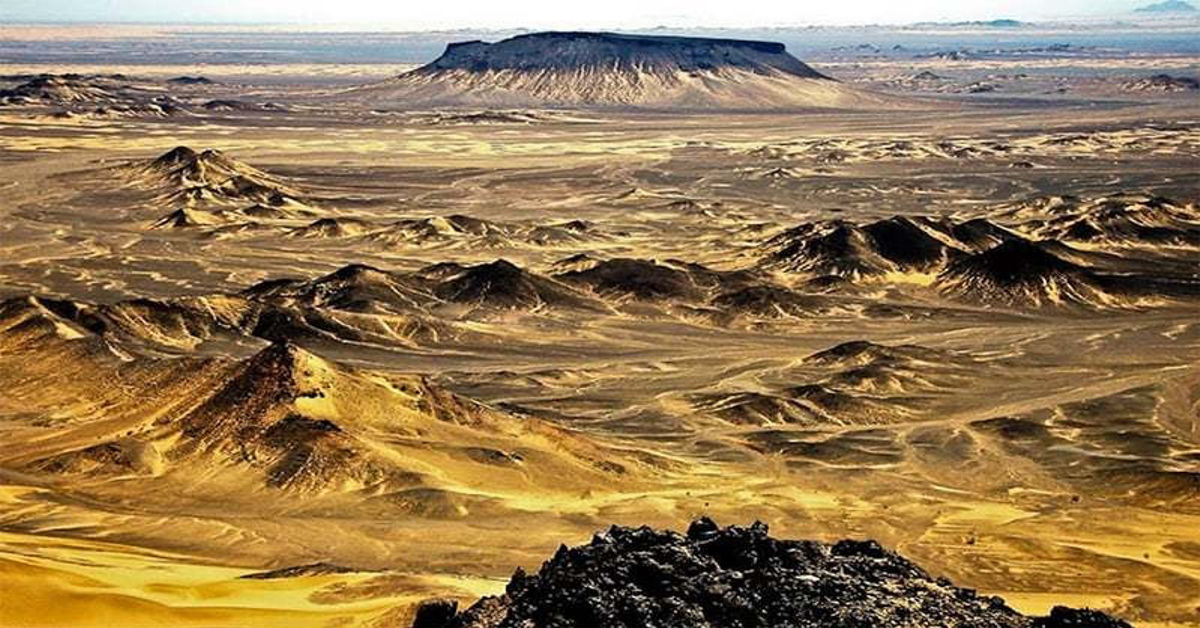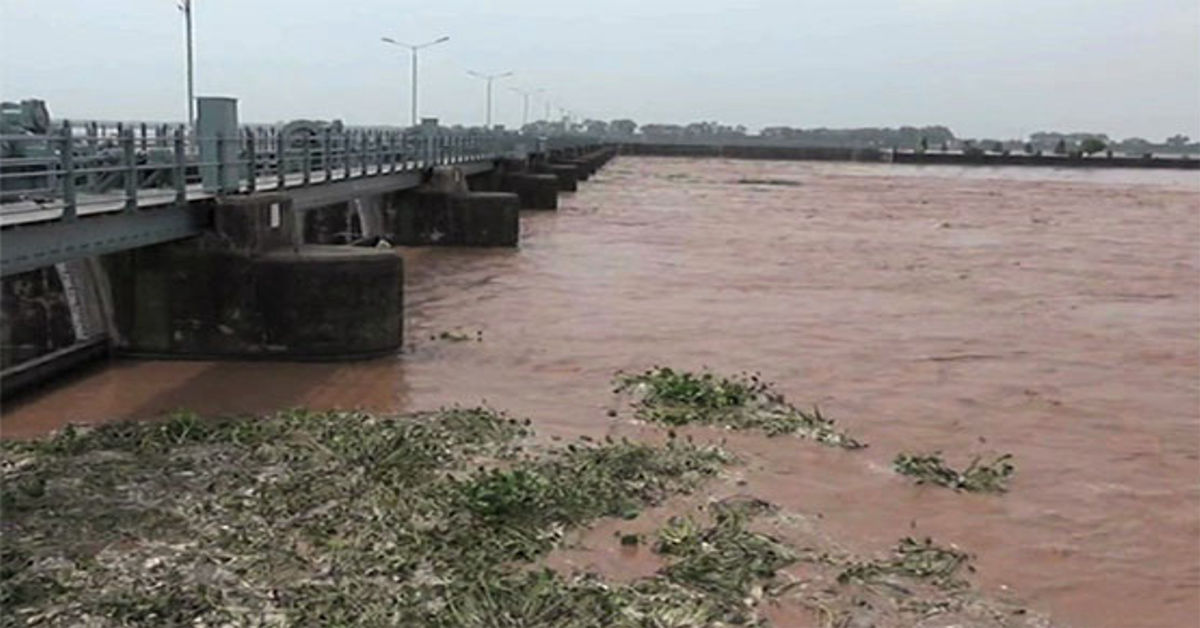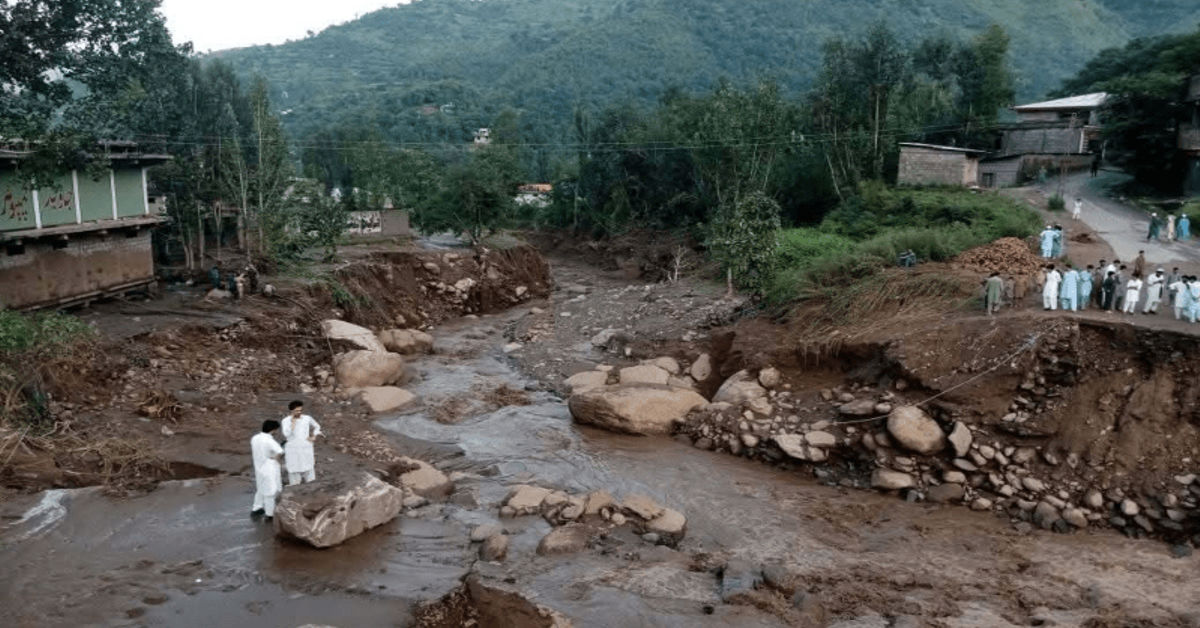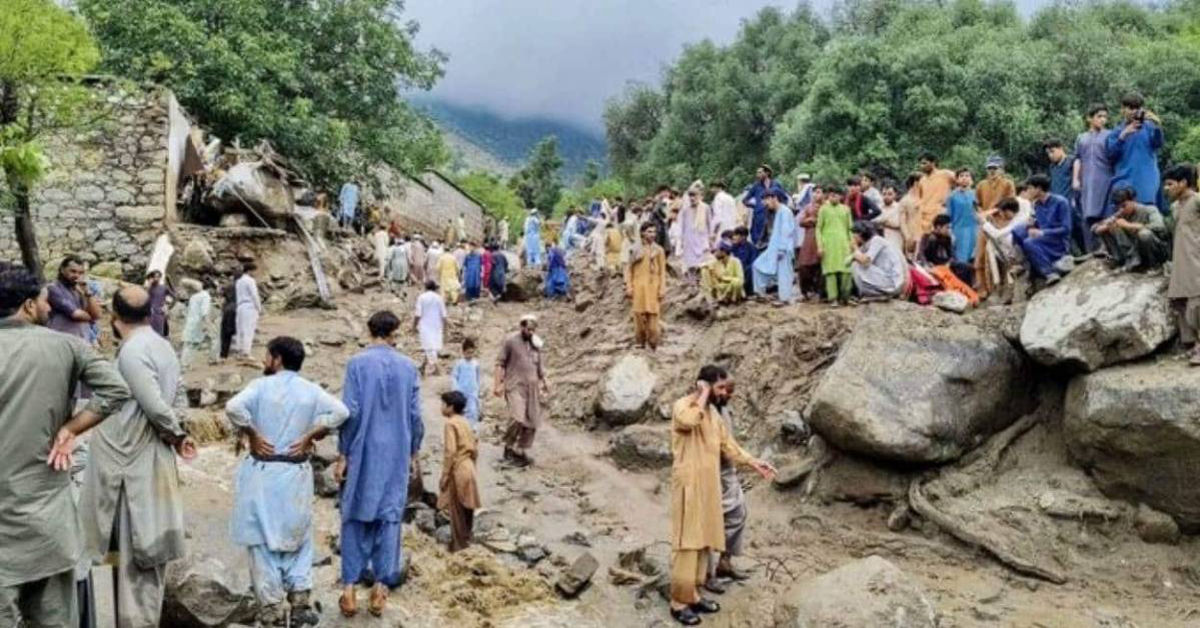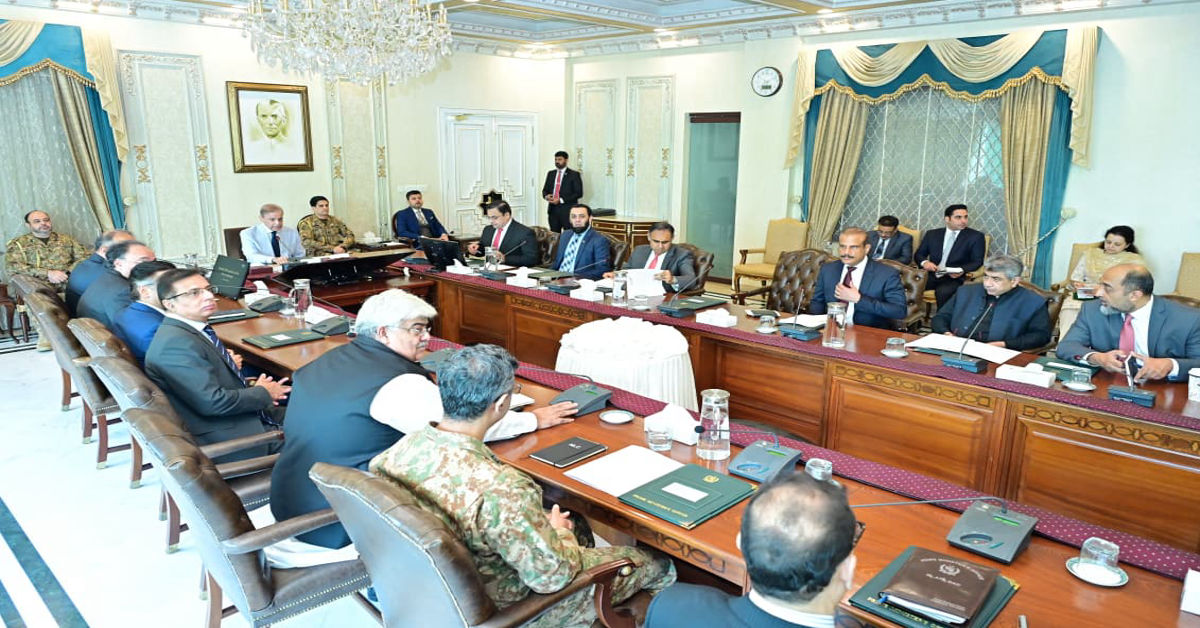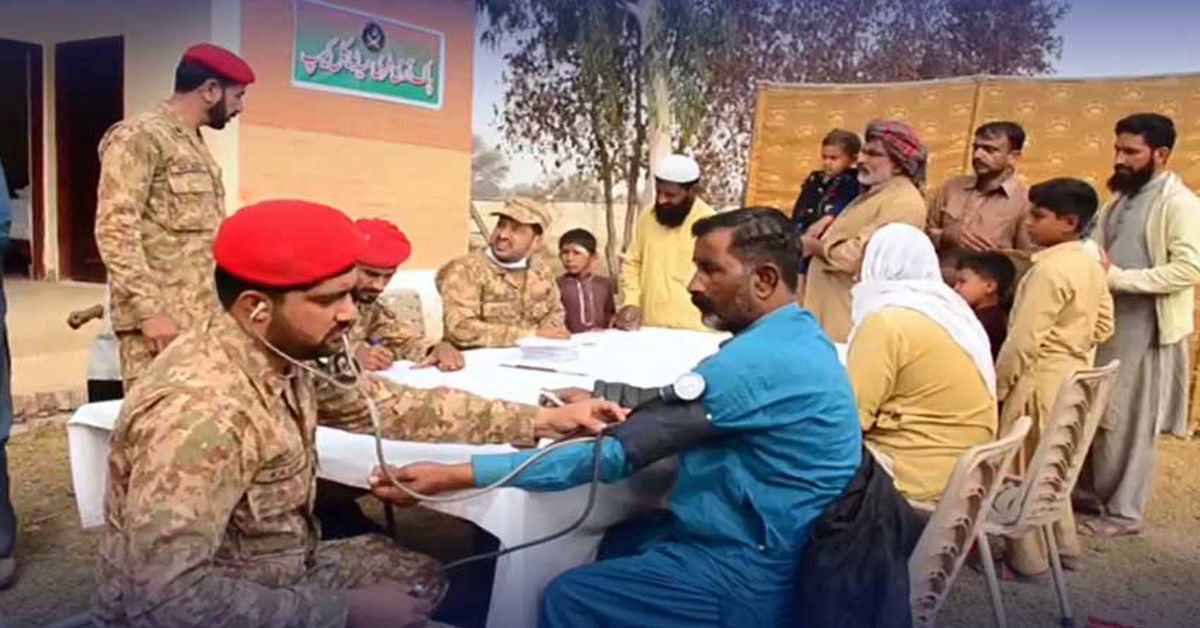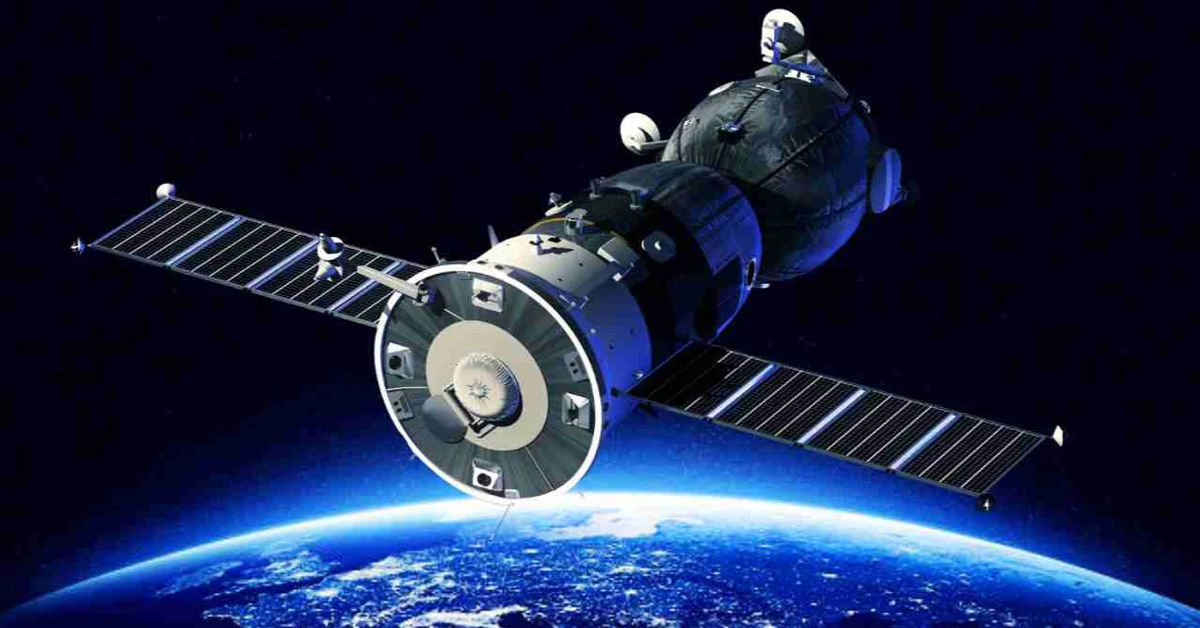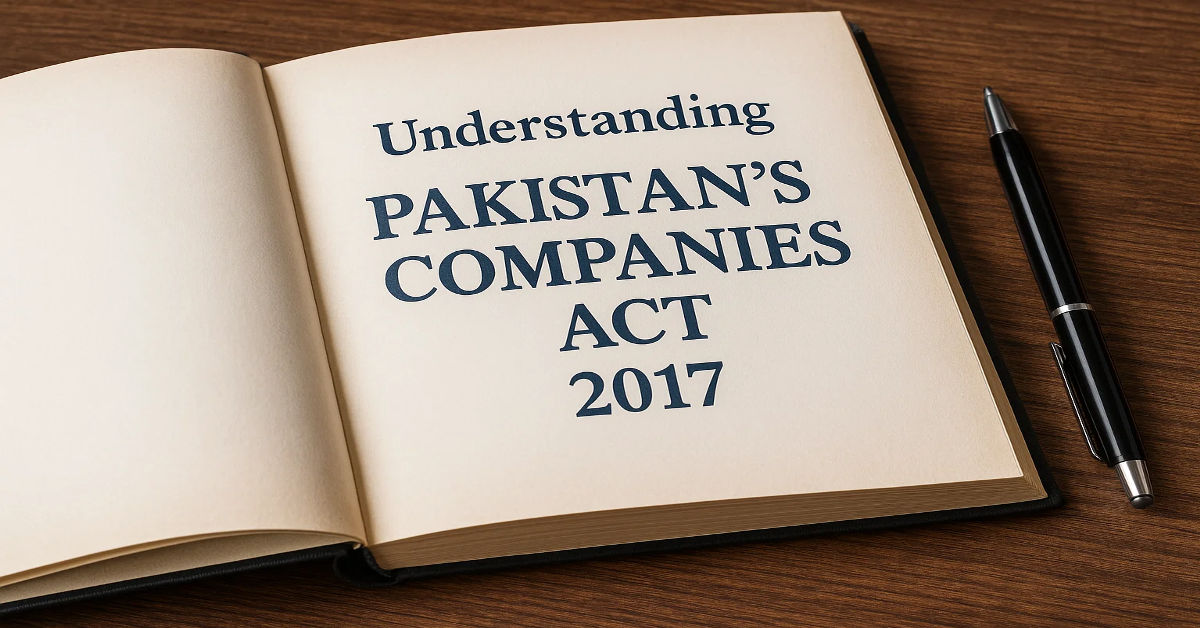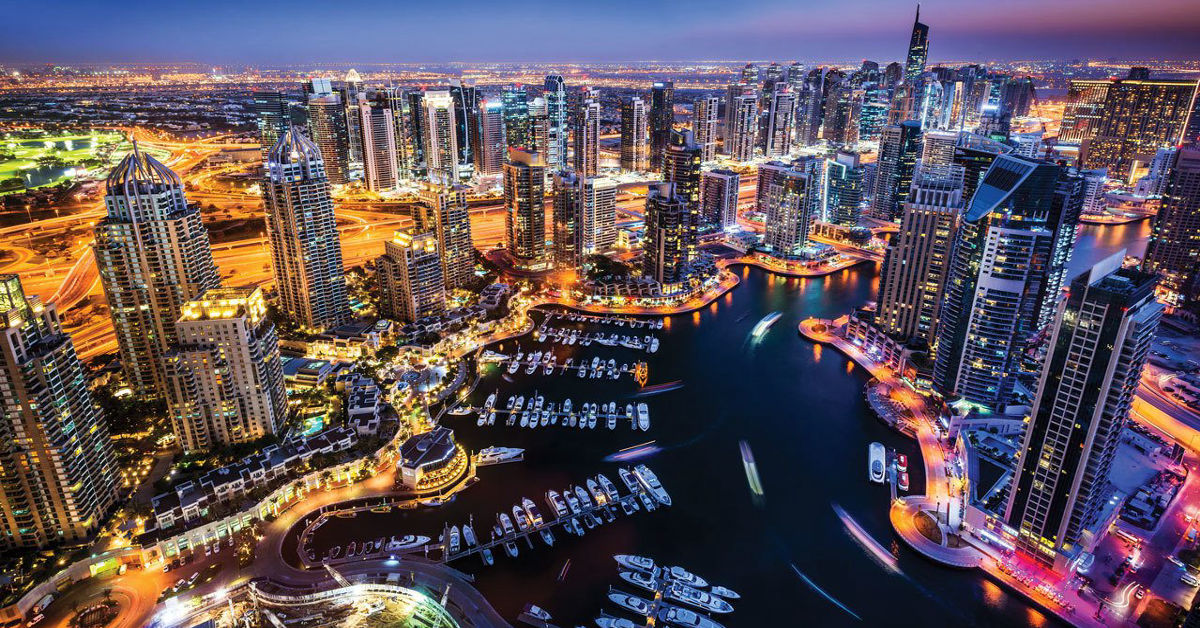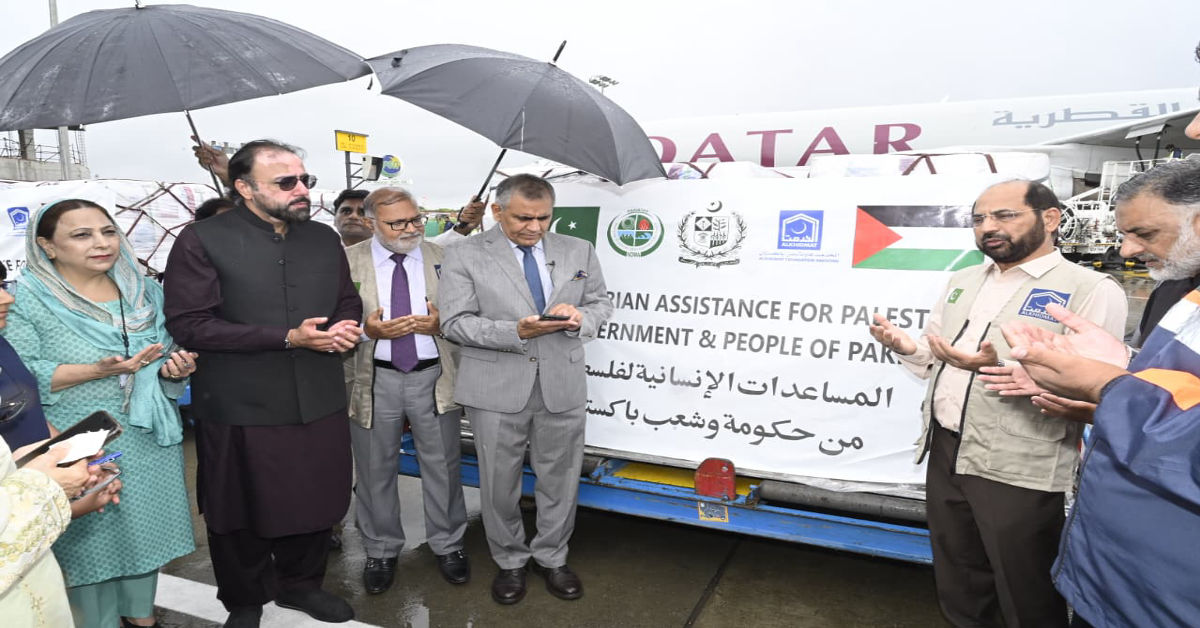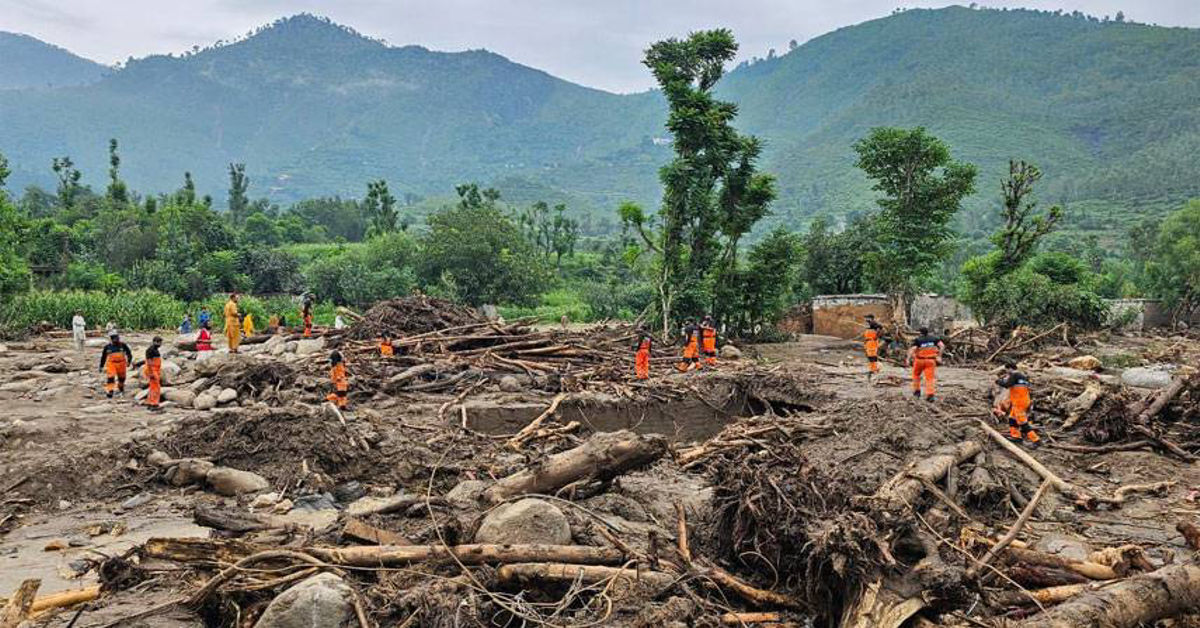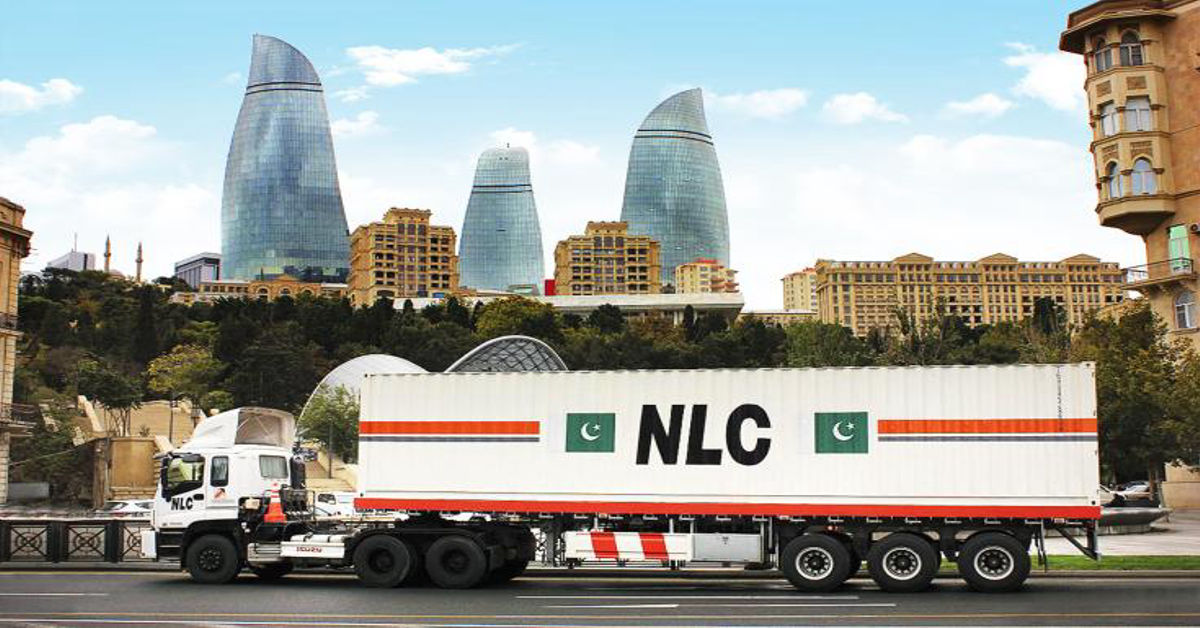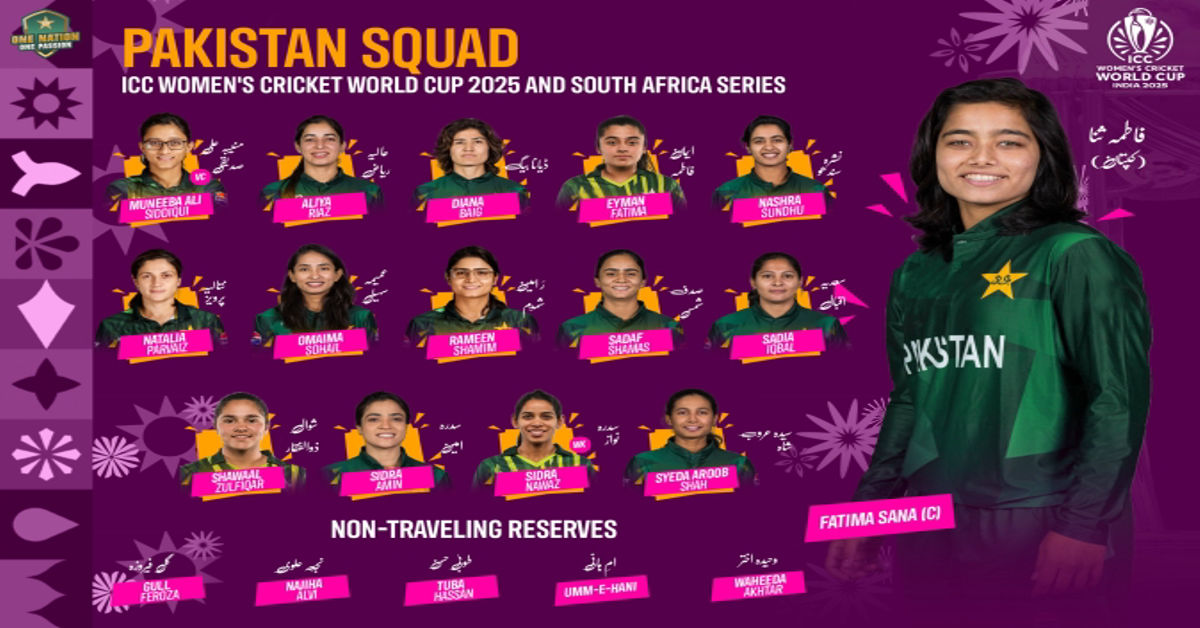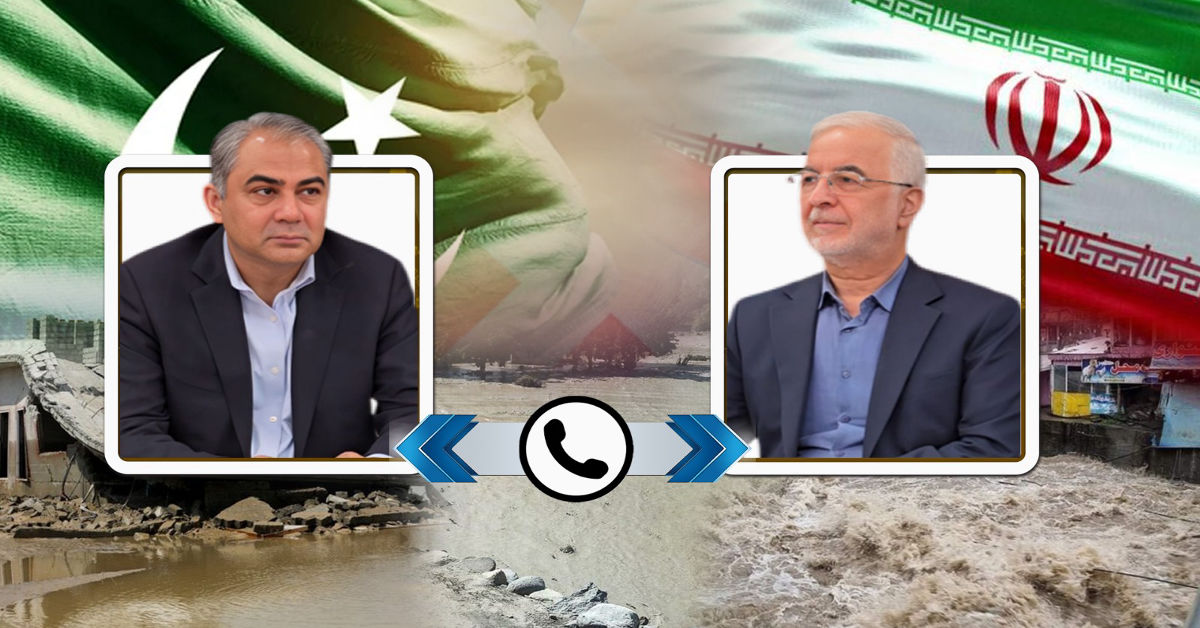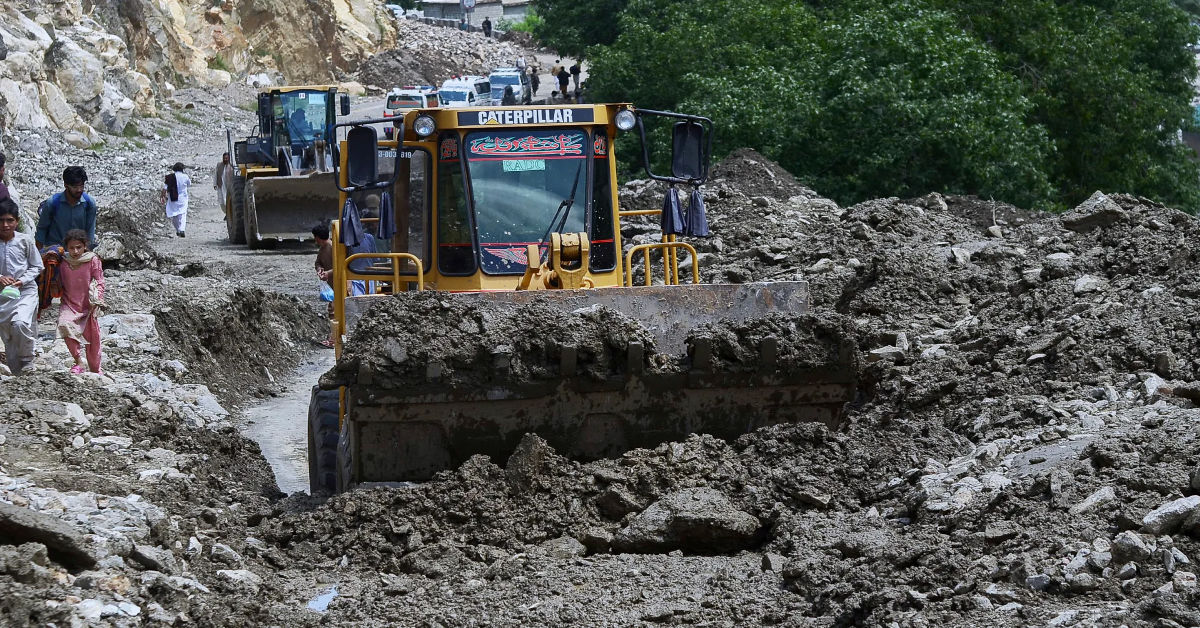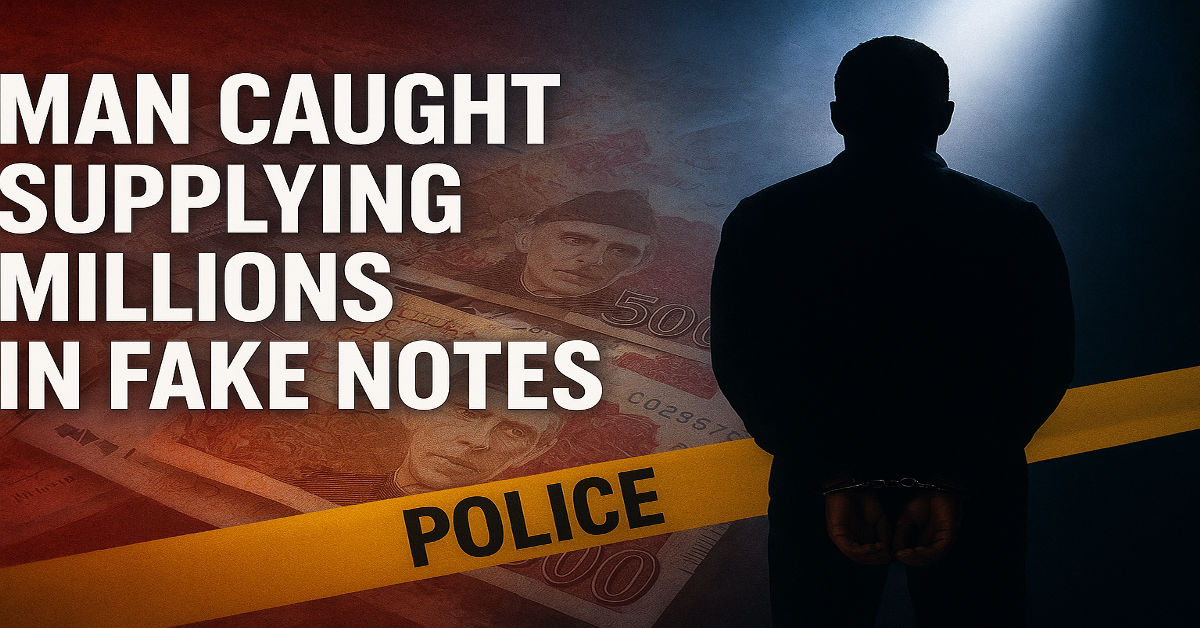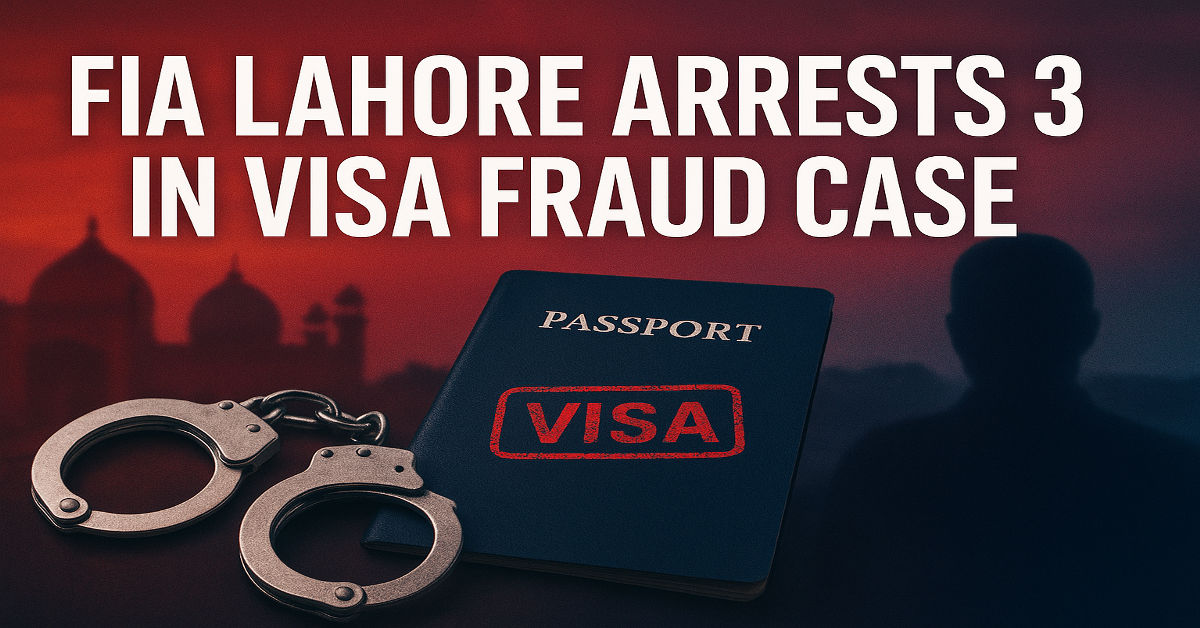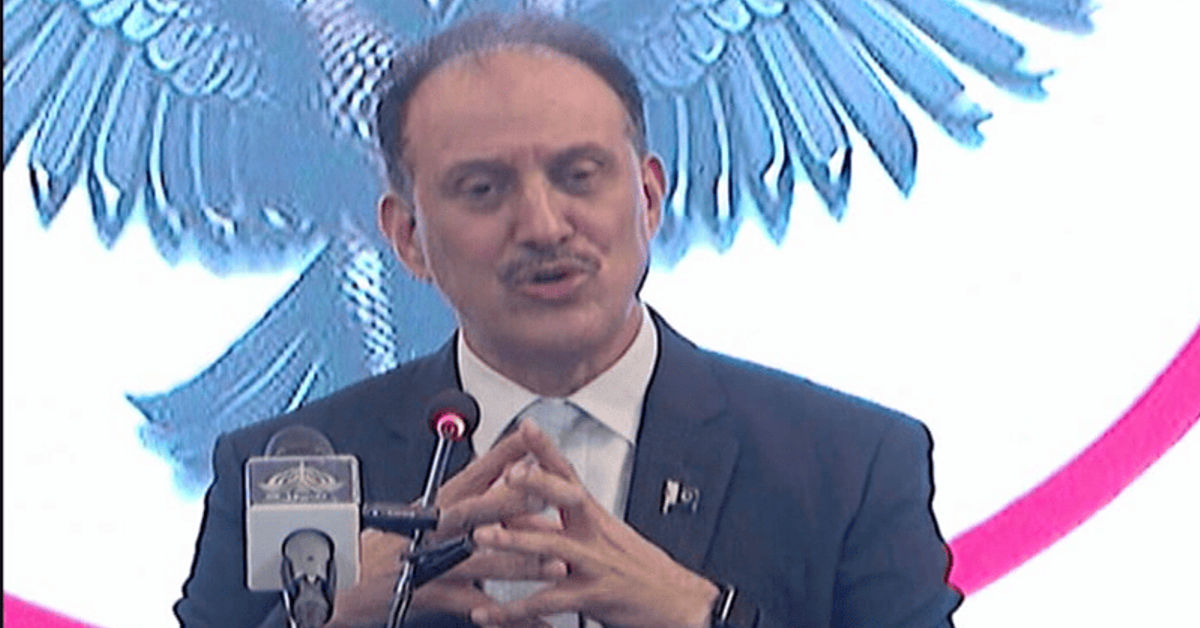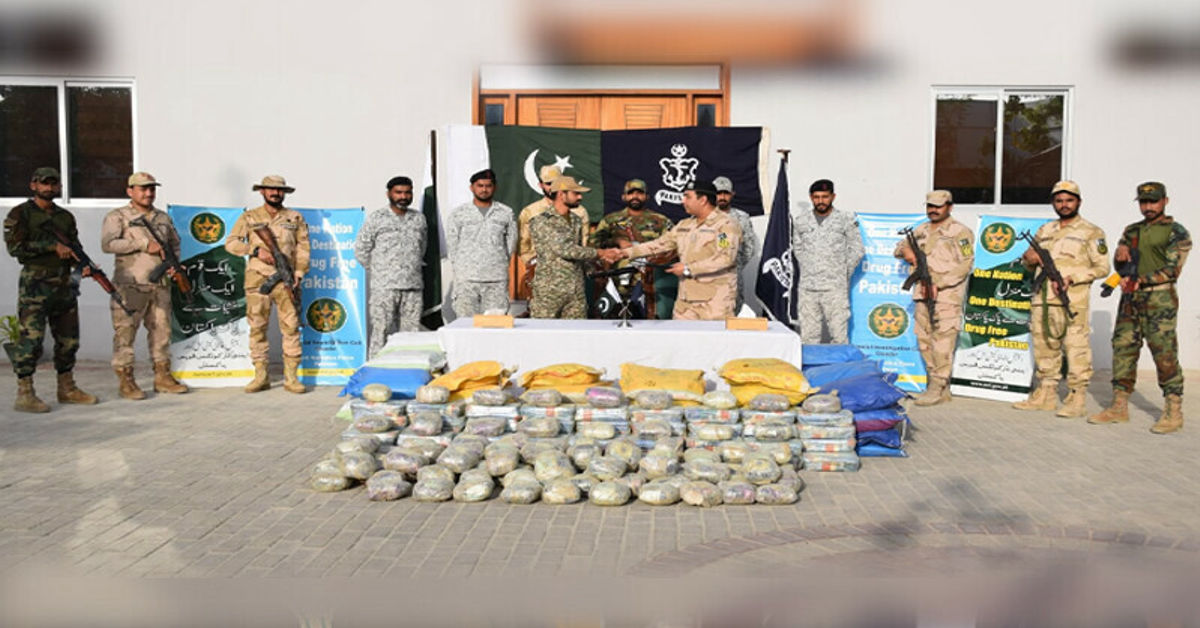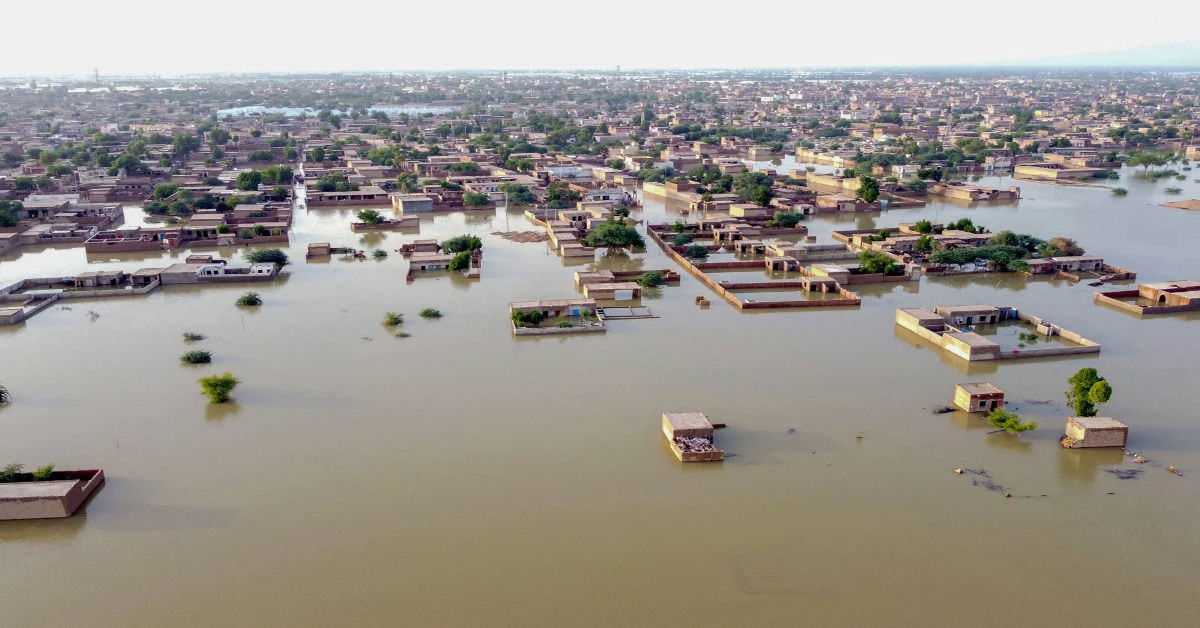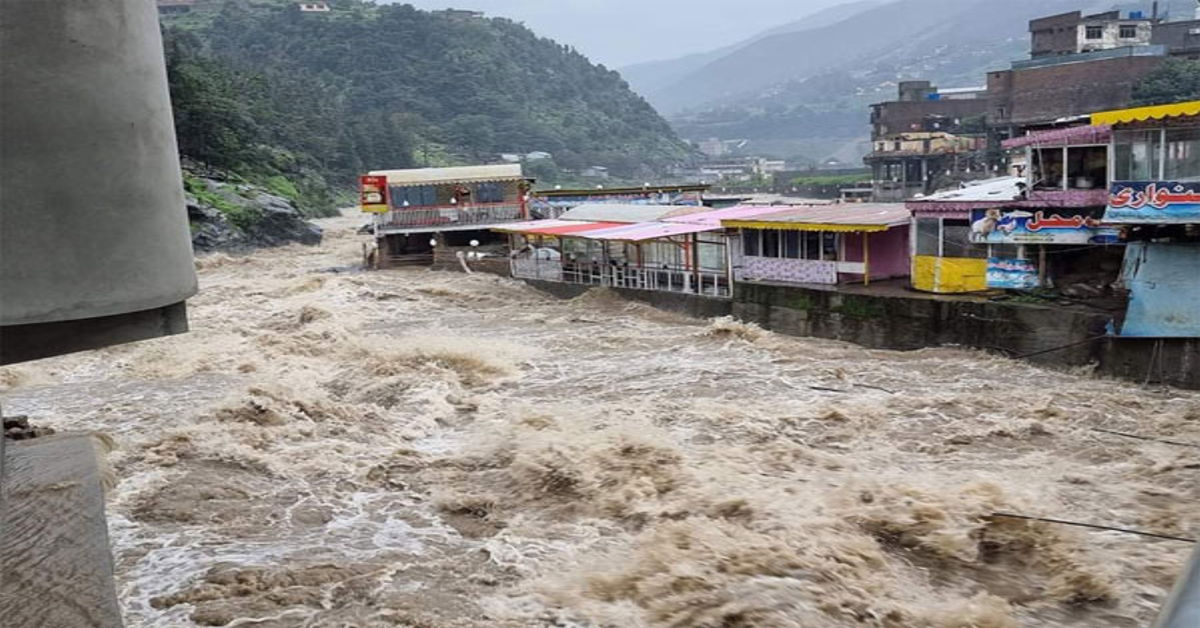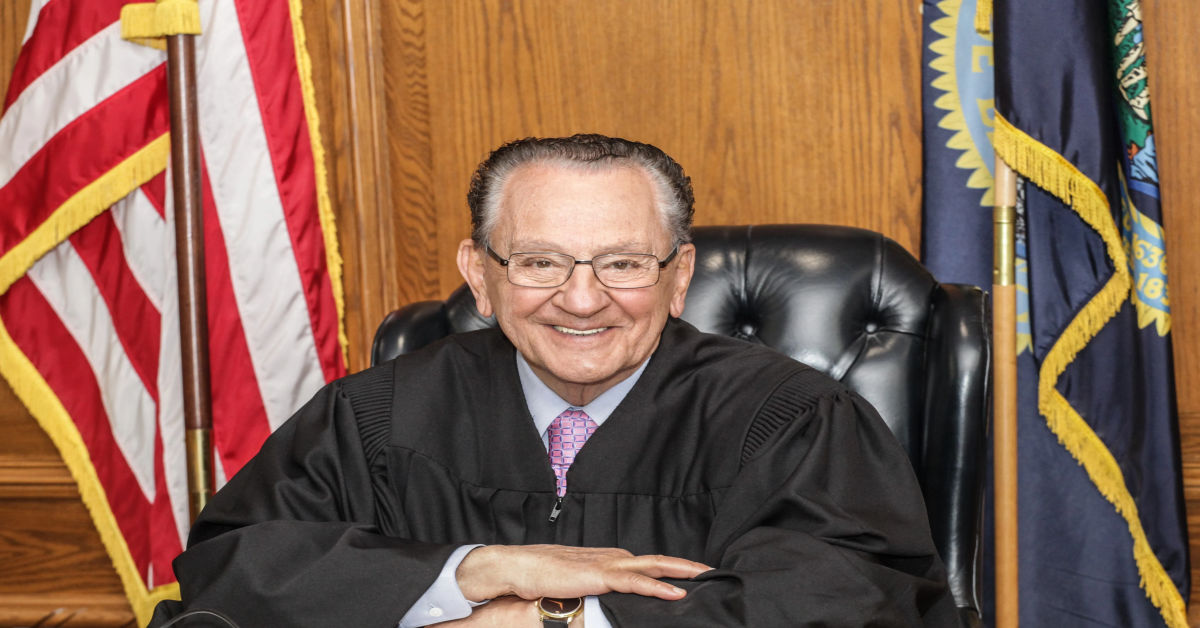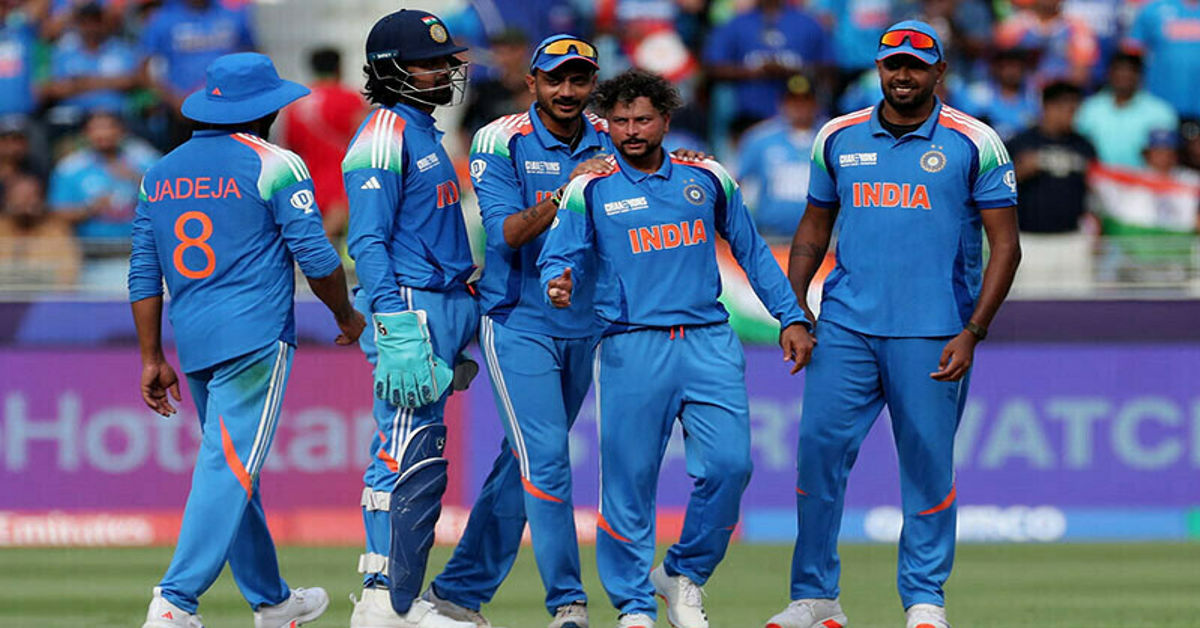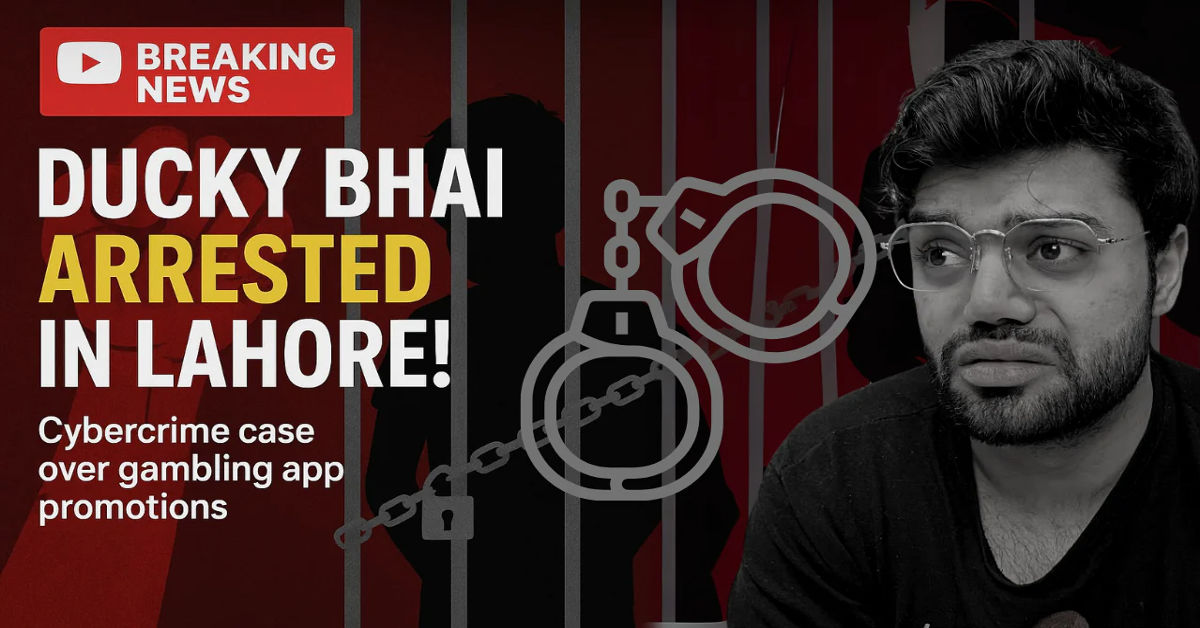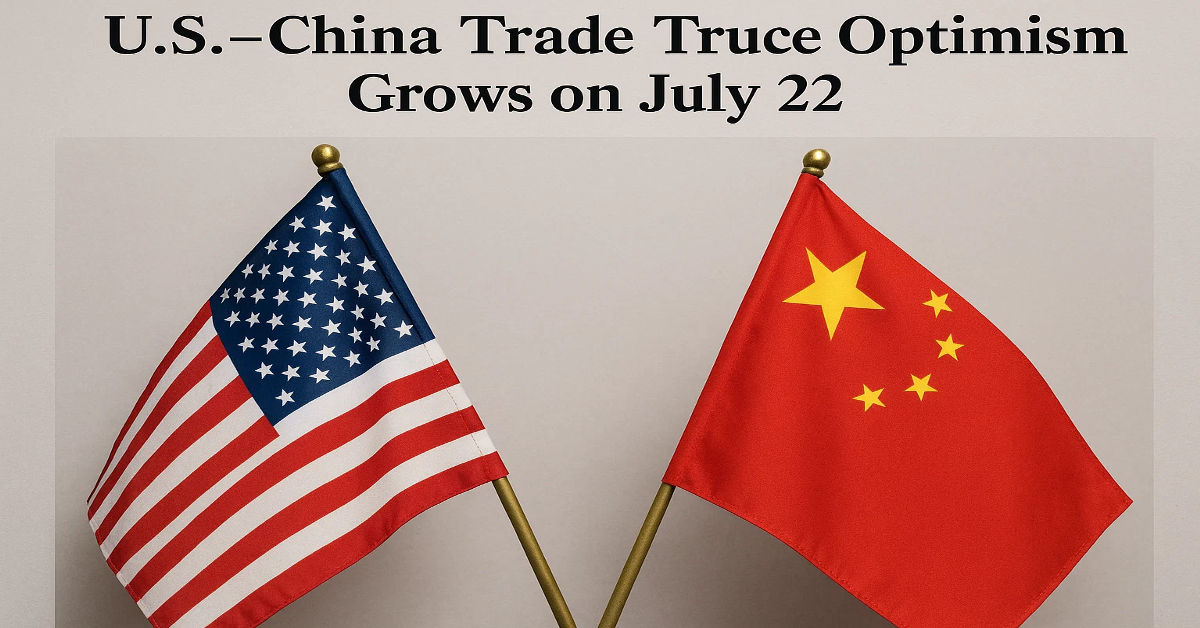
Pakistan Armed Forces’ official spokesperson, the DG ISPR, in yet another explicit statement has stated categorically that India has been indulging in state sponsored terrorism against Pakistan since its inception in 1947. The announcement reflects the long running and deteriorating tensions between nuclear-armed India and Pakistan next door. It illustrates how test postures, clandestine threats, sub-conventional proxy wars have led to accusations that India is undermining peace in Pakistan. This statement is also an indicator of the Pakistani military’s frustration over India’s increasing international influence.
A History of Conflict Between India and Pakistan
India and Pakistan have been bitter adversaries since 1947, when India emerged as an independent country from British colonial rule, and Pakistan was established. The partitions resulted in enormous population movements and violent riots across the region, leading to the subsequent delineation of the control of Jammu and Kashmir. The two nations fought four wars (in 1947–48, 1965, 1971, and 1999) and several other battles along the border during the disputes. The DG ISPR referred to Pakistan’s position alleging India is still following a policy of destabilization by terrorism and subversion.
DG ISPR Blames
The Director General ISPR claimed that India is backing up the terrorists in Pakistan, particularly in Balochistan and the erstwhile tribal areas. He provided evidence that not only RAW but also Pakistani terrorists have been ‘encouraged’ and ‘equipped’ by Indian intelligence agencies to carry out attacks in Pakistan. He accused India of sheltering and funding separatist groups.
The matter of Kulbhushan Jadhav
In a similar claim, the Pakistan government contends that it arrested an Indian Navy retiree, Kulbhushan Jadhav, from Balochistan in March 2016 for engaging in Indian-financed terrorism. They allege that Jadhav was an agent of RAW who sponsored insurgency, attacks on strategic installations and sought to create divisions in Balochistan. India says Jadhav was a former Indian navy officer and denies he was a spy. Instead, India says Pakistani agents snatched him from Iran. The case had brought India and Pakistan at the brink of a war as it mounted global pressure on Pakistan, and led to ICJ’s intervention. Notably, despite this ruling, Pakistan still claims that Jadhav’s arrest is evidence that India is trying to harm its national security.
What We Know About Terror Attacks and Suspect Groups
Pakistan has been wracked by decades of terrorist attacks. Most of these attacks have been claimed by groups such as Tehreek-e-Taliban Pakistan (TTP), Lashkar-e-Jhangvi, among others. But Iran alleges that Indian spy agencies are covertly backing the militants. As per ISPR DG, intelligence reports received on a daily basis suggest Indian hand behind the blast near the Lahore residence of LeT founder Hafiz Saeed. Investigators say they followed the money to Indian nationals who used offshore bank accounts to pay for the attack.
Propaganda and Information Warfare
Pakistan has also accused India of fighting information warfare and hybrid methods. India is engaged in cyber operations and dissemination of fake news to malign Pakistan’s global status, the DG ISPRstated. He cited a 2020 report by EU DisinfoLab, which exposed operation of fake media outlets and NGOs across Europe to push India’s narrative in Pakistan. According to the report, the proponents of the zombie entities falsely asserted with UN backing and established the entities to sabotage Pakistan’s efforts against terror and extremism by employing human rights as a smokescreen. Pakistan officials say the campaign is evidence that India is trying to shape world opinion and to diplomatically isolate Pakistan.
Impact on Local and Global Problems
But if Pakistan’s claims can be substantiated, the implications for regional security will be very grave. Both possess nuclear weapons, and because of their frequent disputes. Any terrorist or provocative actions against the other could quickly escalate into a major conflict. It’s time for UN and FAT to notice Indian aggression hold them accountable for destabilizing South Asia the military appealed. Pakistan says, has been under a lot of pressure to cease terrorism financing and extremism.
How India Stand and Respond
India has denied it is supporting terrorism in Pakistan. The New Delhi government accuses Islamabad of being the epicenter of global terrorism. Among the groups it names are Lashkar-e-Taiba and Jaish-e-Mohammed. Both of which have carried out devastating attacks in India. Including the 2001 assault on the Indian Parliament and the 2008 Mumbai attacks.
Indian officials claim that Pakistan raises the issue of terrorism merely as a smokescreen to conceal its own internal problems. They argue that this narrative also serves as a counterclaim — that Pakistan, too, is fighting extremism.
Furthermore, Indian authorities state that Pakistan’s military has long used the idea of Indian interference. As a justification for its powerful role in national politics and security.
The risk factors must be mitigated through discussions.
Despite these grave charges levelled by both countries some people still believe that dialogue are only way forward. Peace in the region economic gains and the war on terrorism will prevail if all parties stop their secret actions. And still, there’s not a lot of trust, and current developments have set beliefs further apart in both camps.
Conclusion
By stating this, the DG ISPR revealed how much of mistrust and hatred prevails between Pakistan and India. If they are true, they raise serious concerns over the region’s security and the standards followed by nations. With tensions so thick on the ground in South Asia. Everyone has an interest in steps to calm tensions and prevent further souring of relationships. How these countries respond now will determine the fate of more than 1.5 billion people in South Asia.

